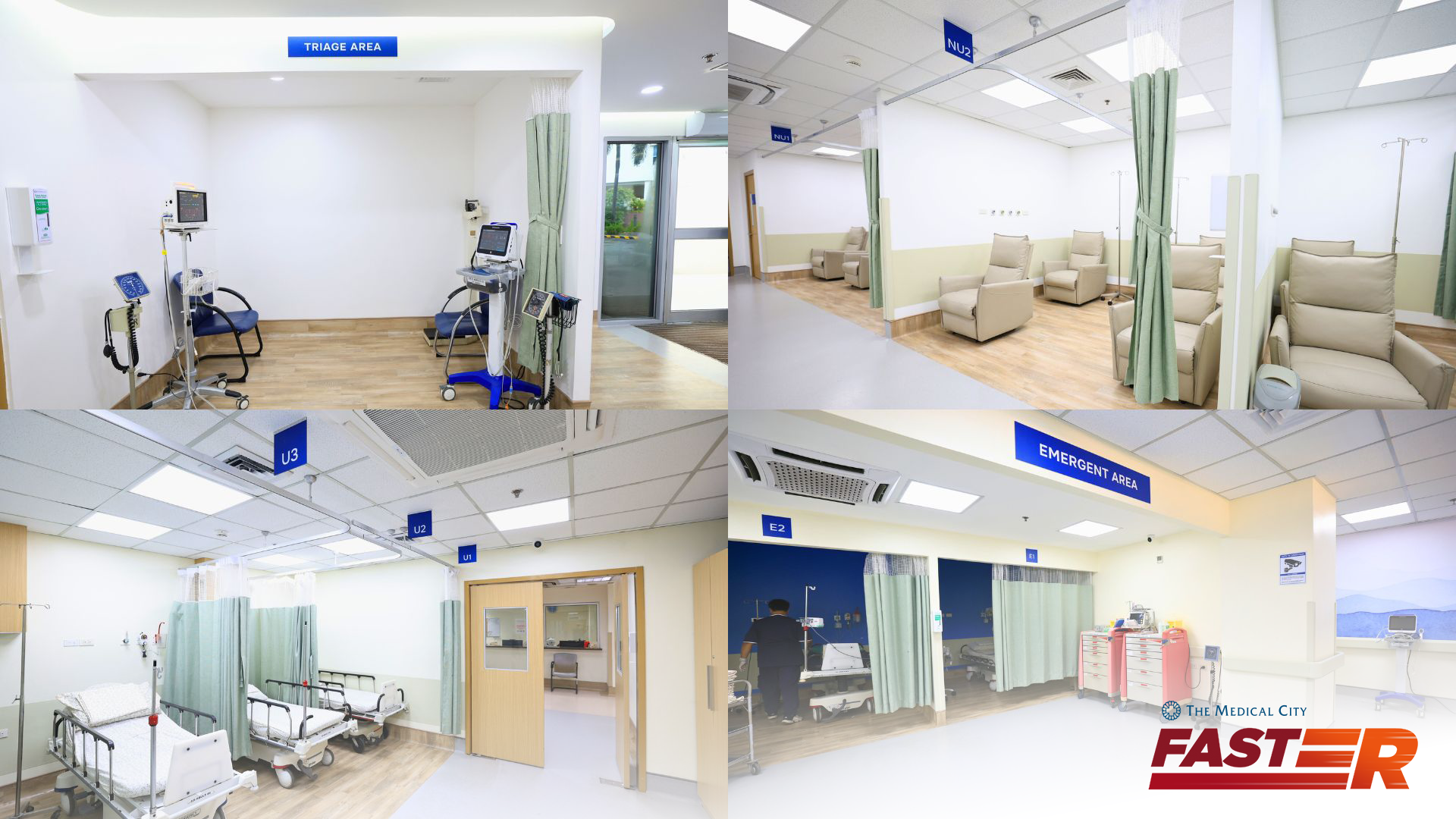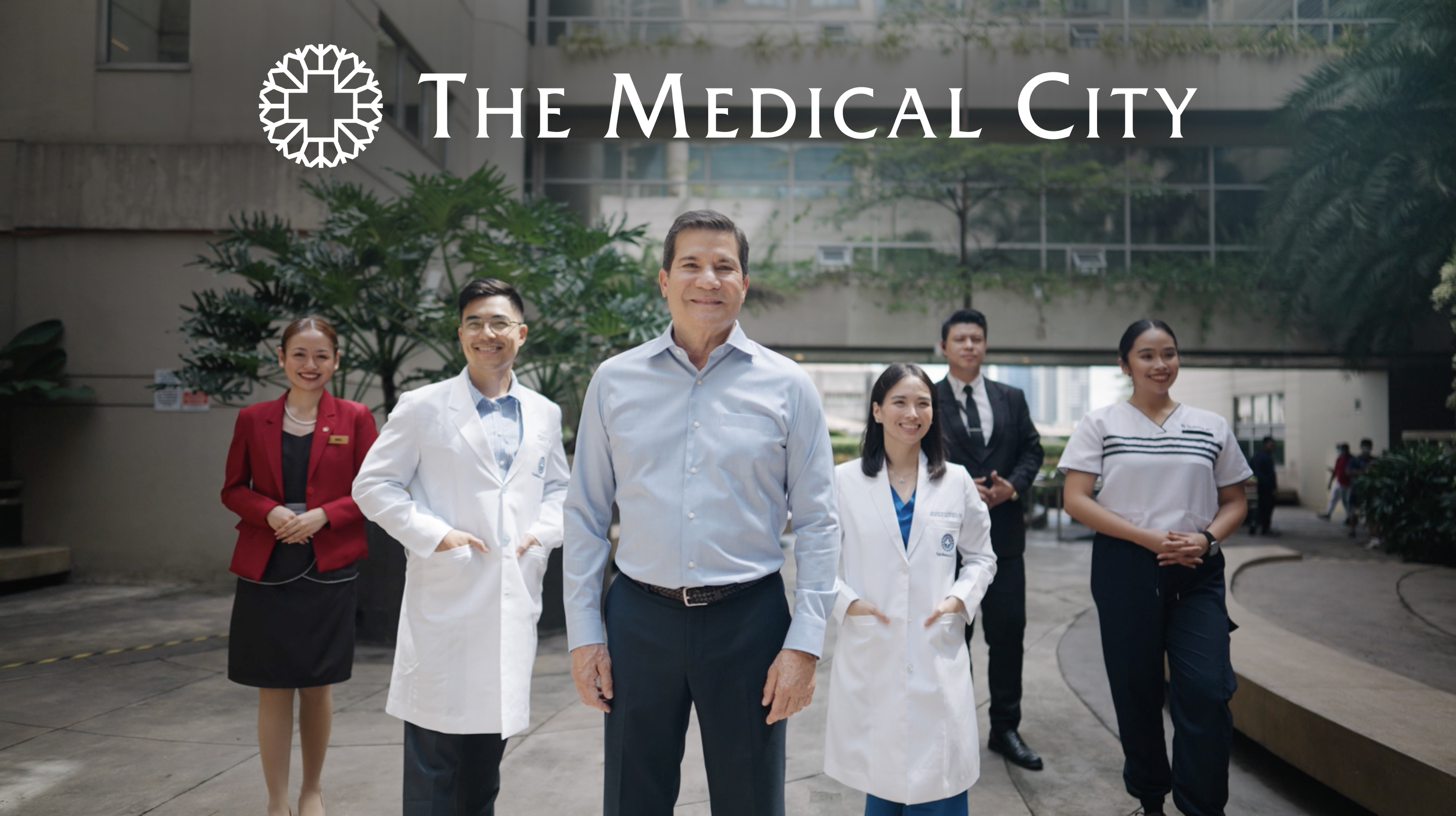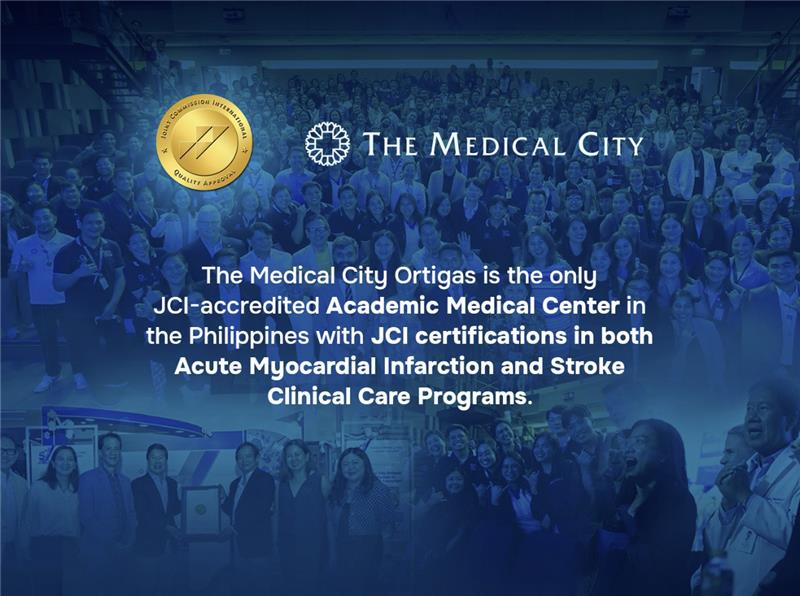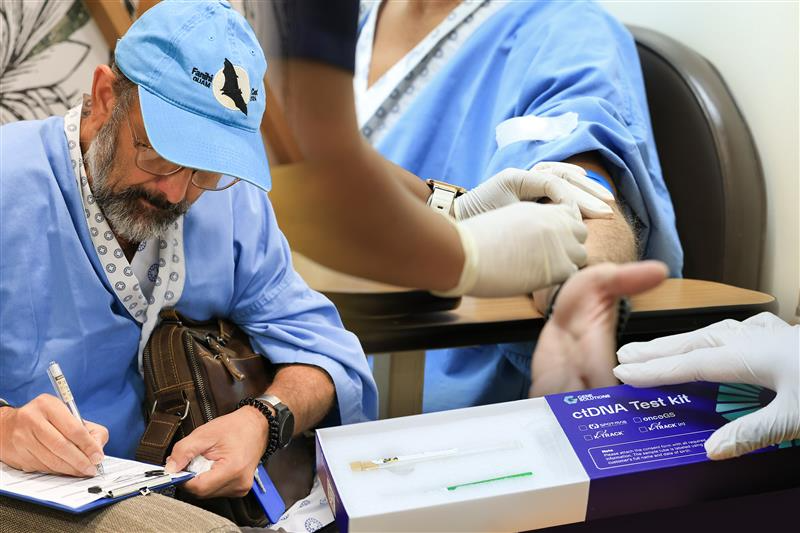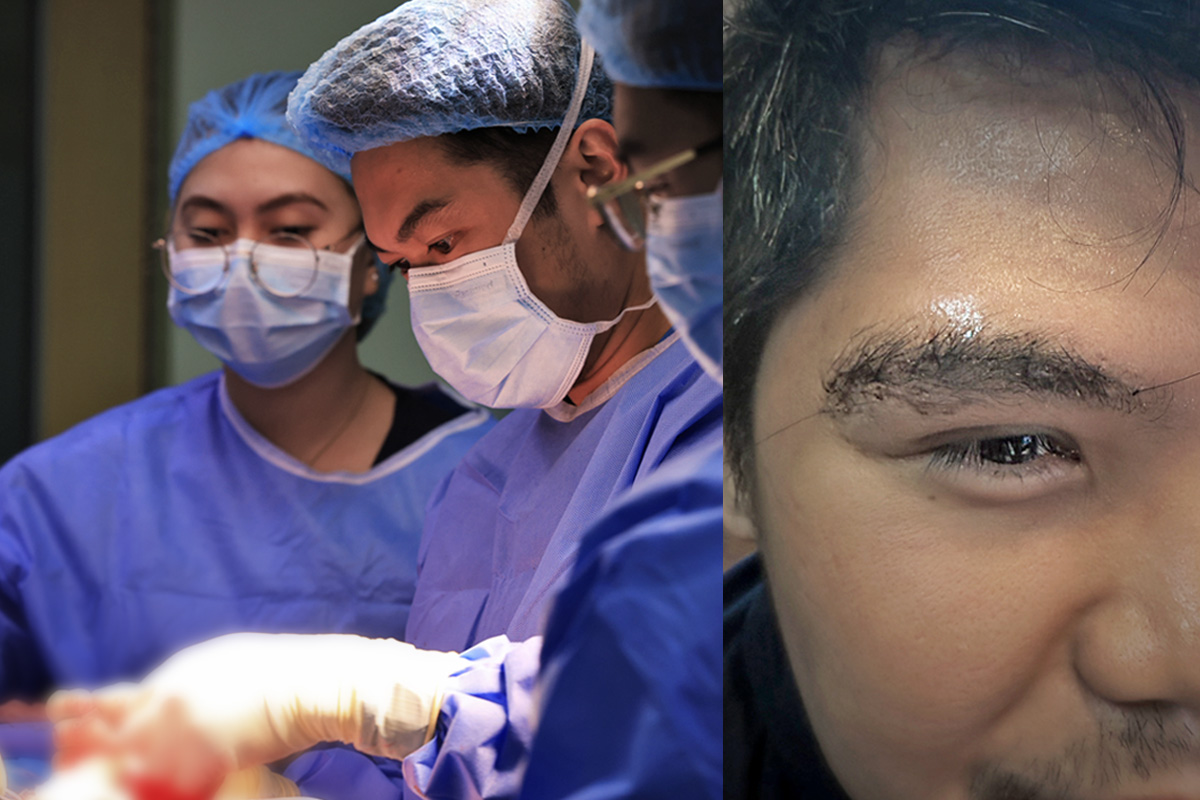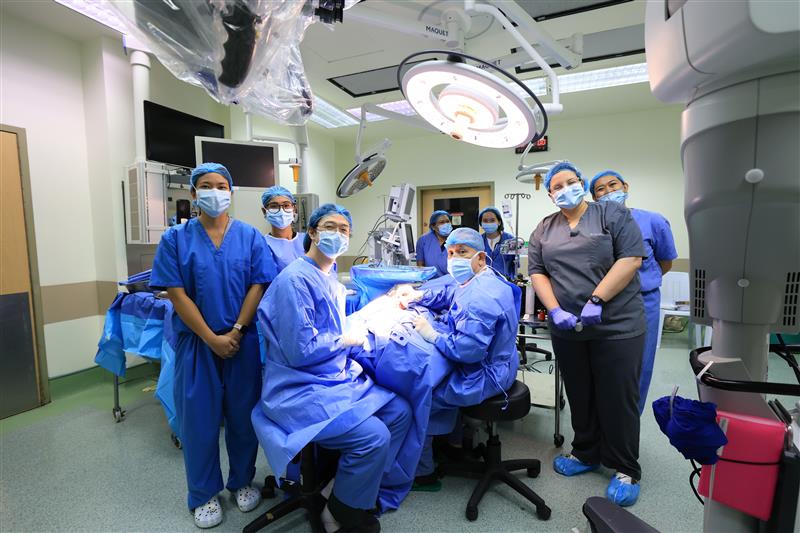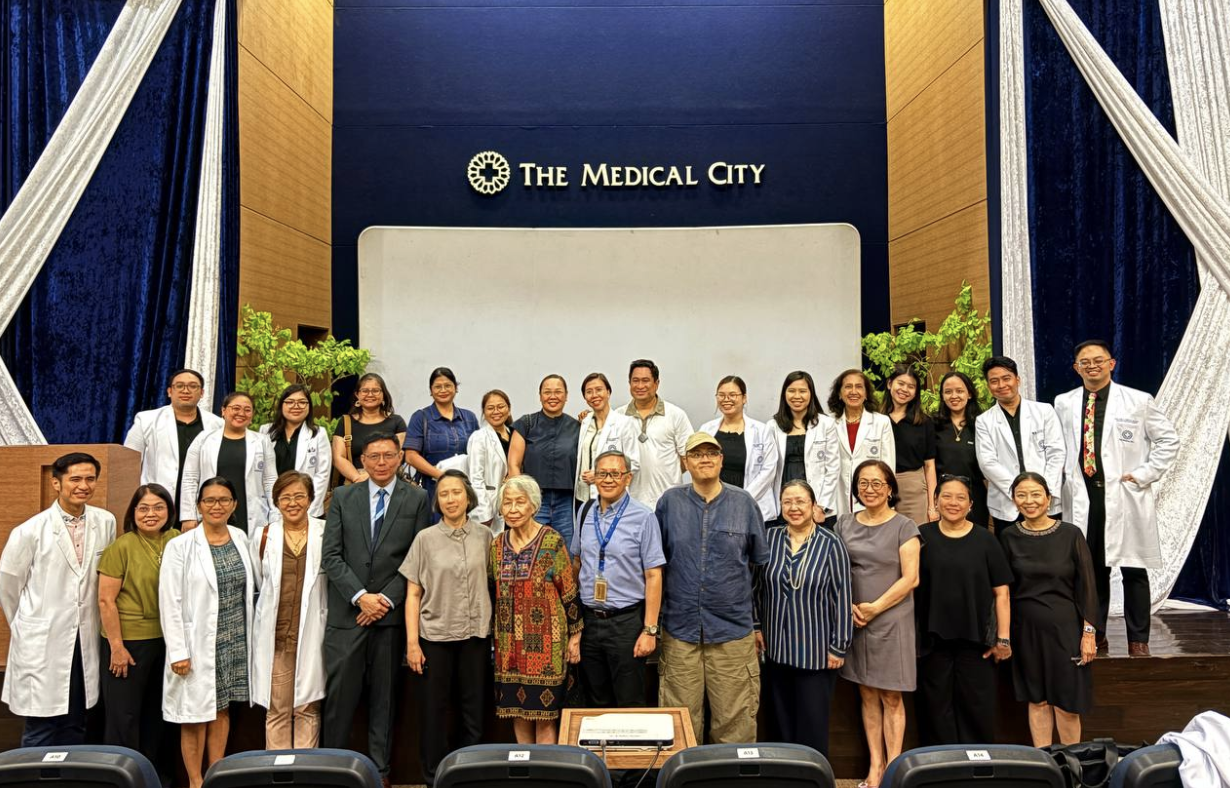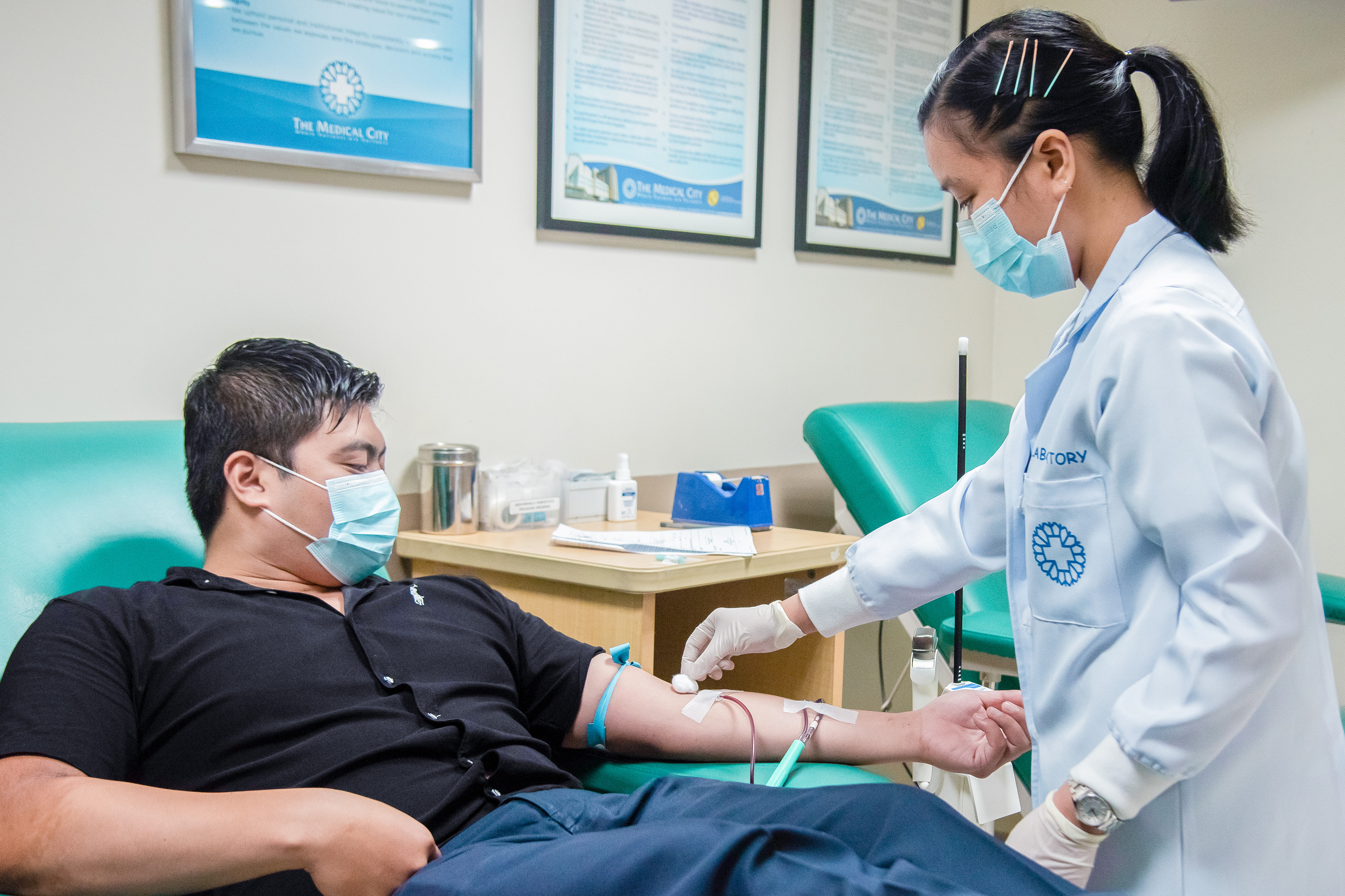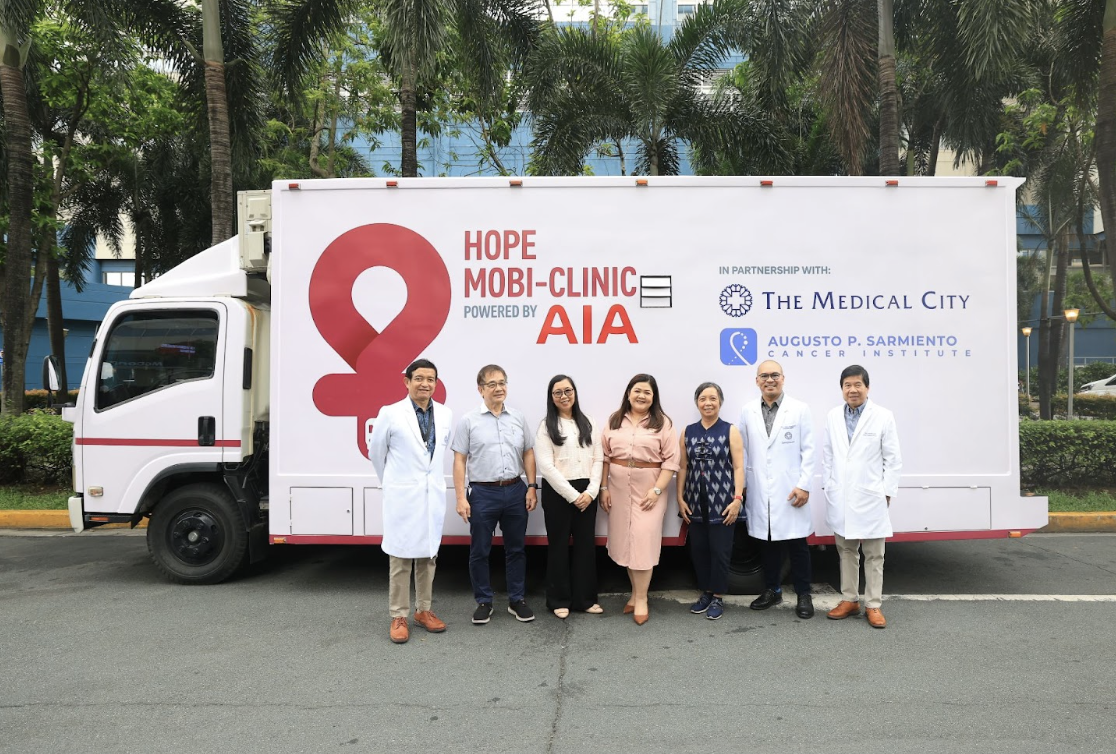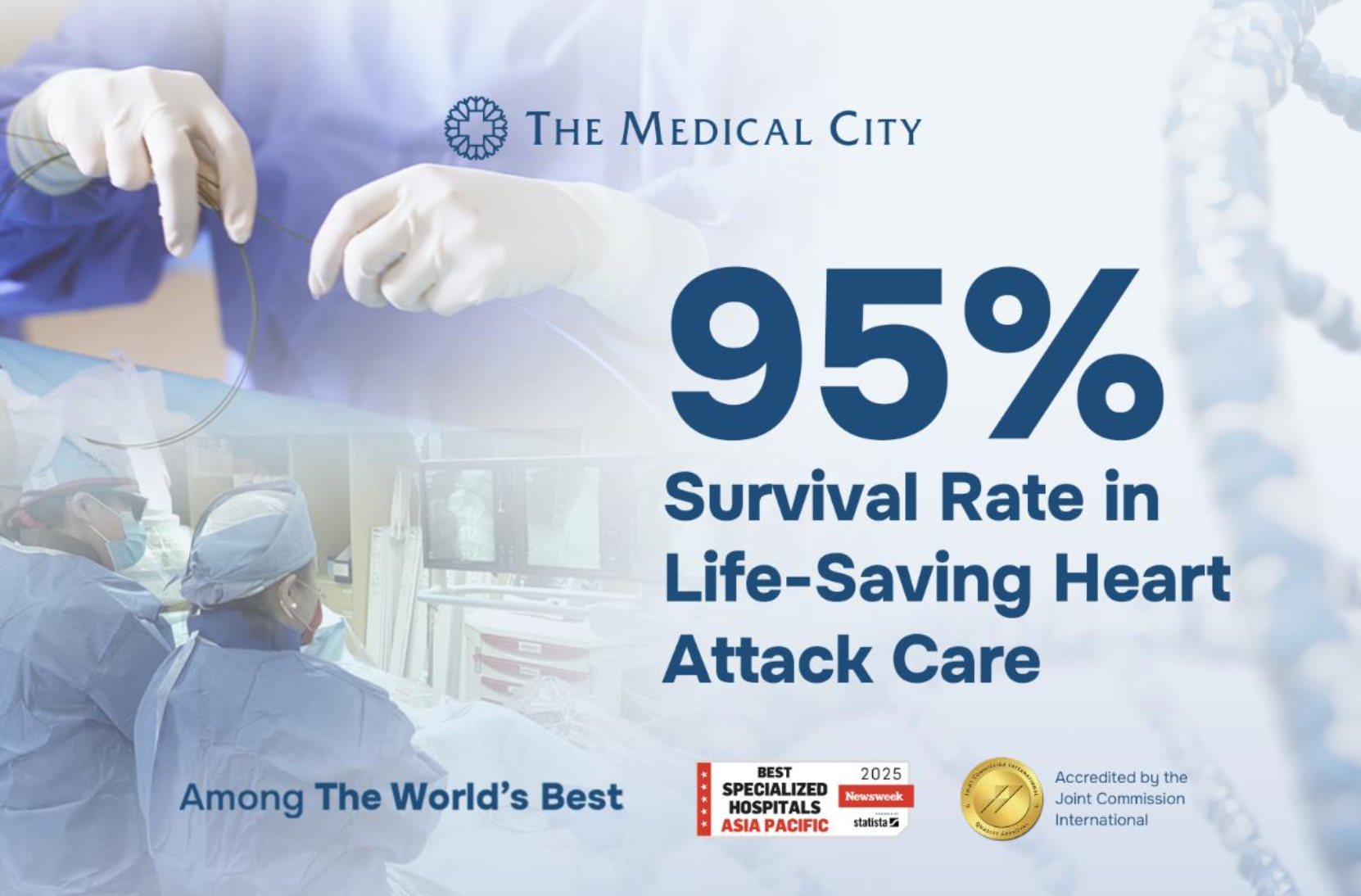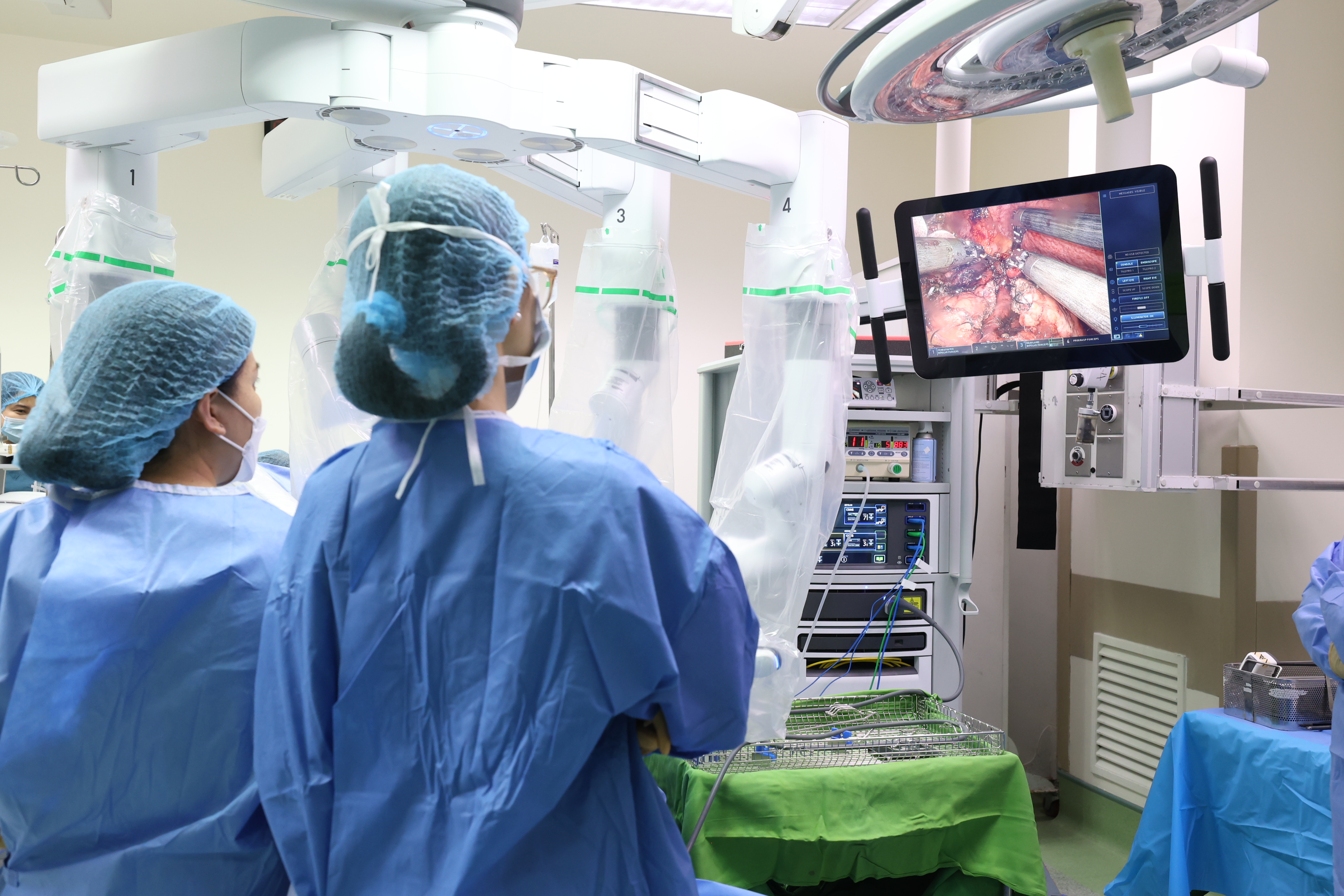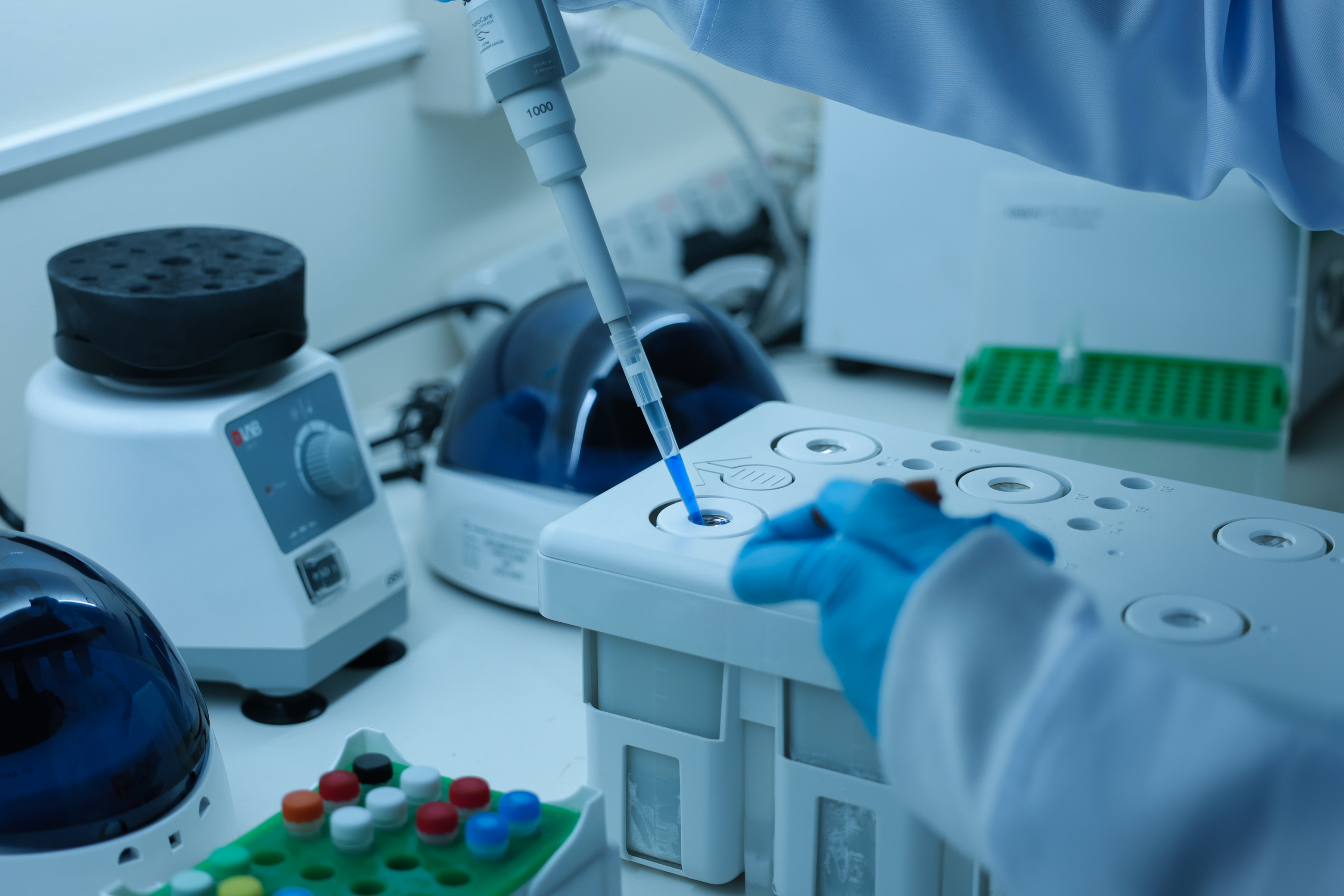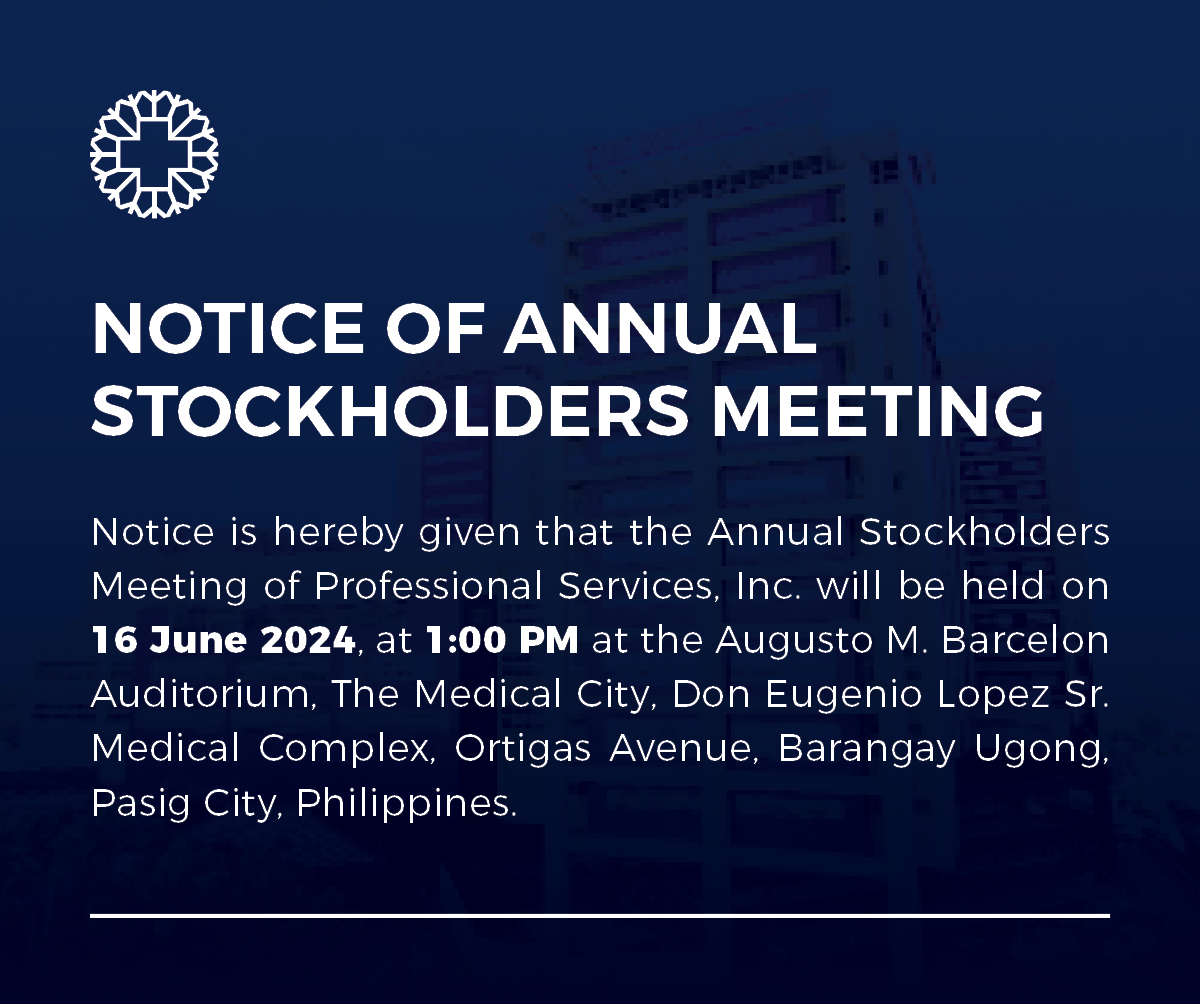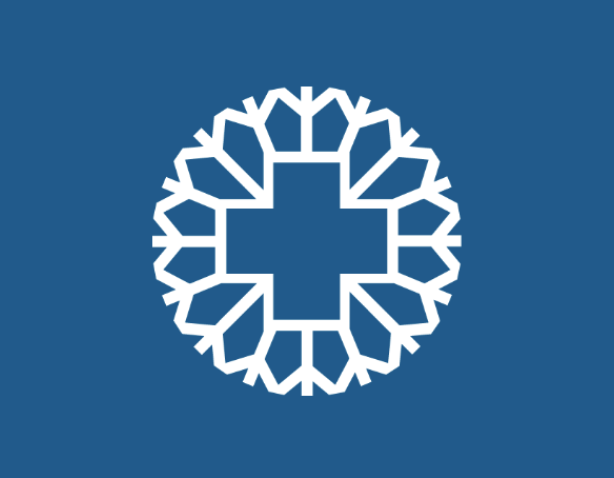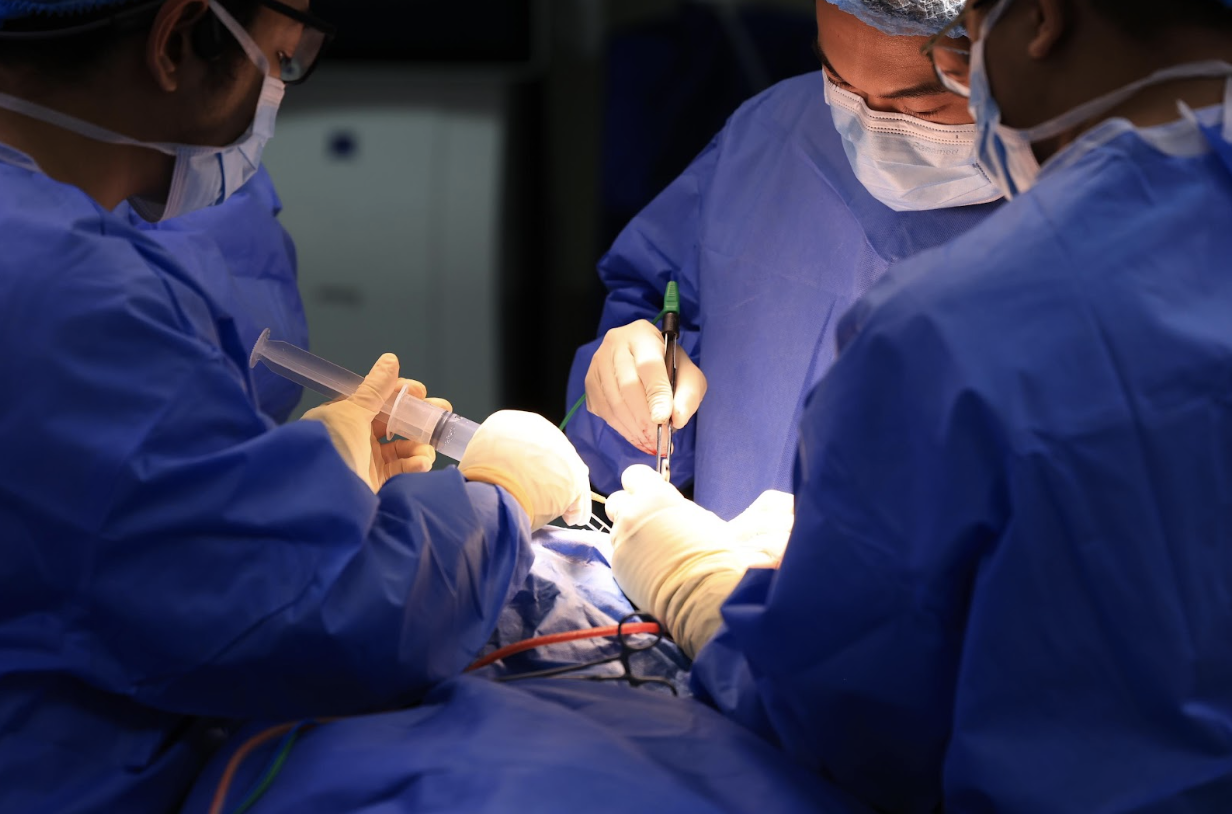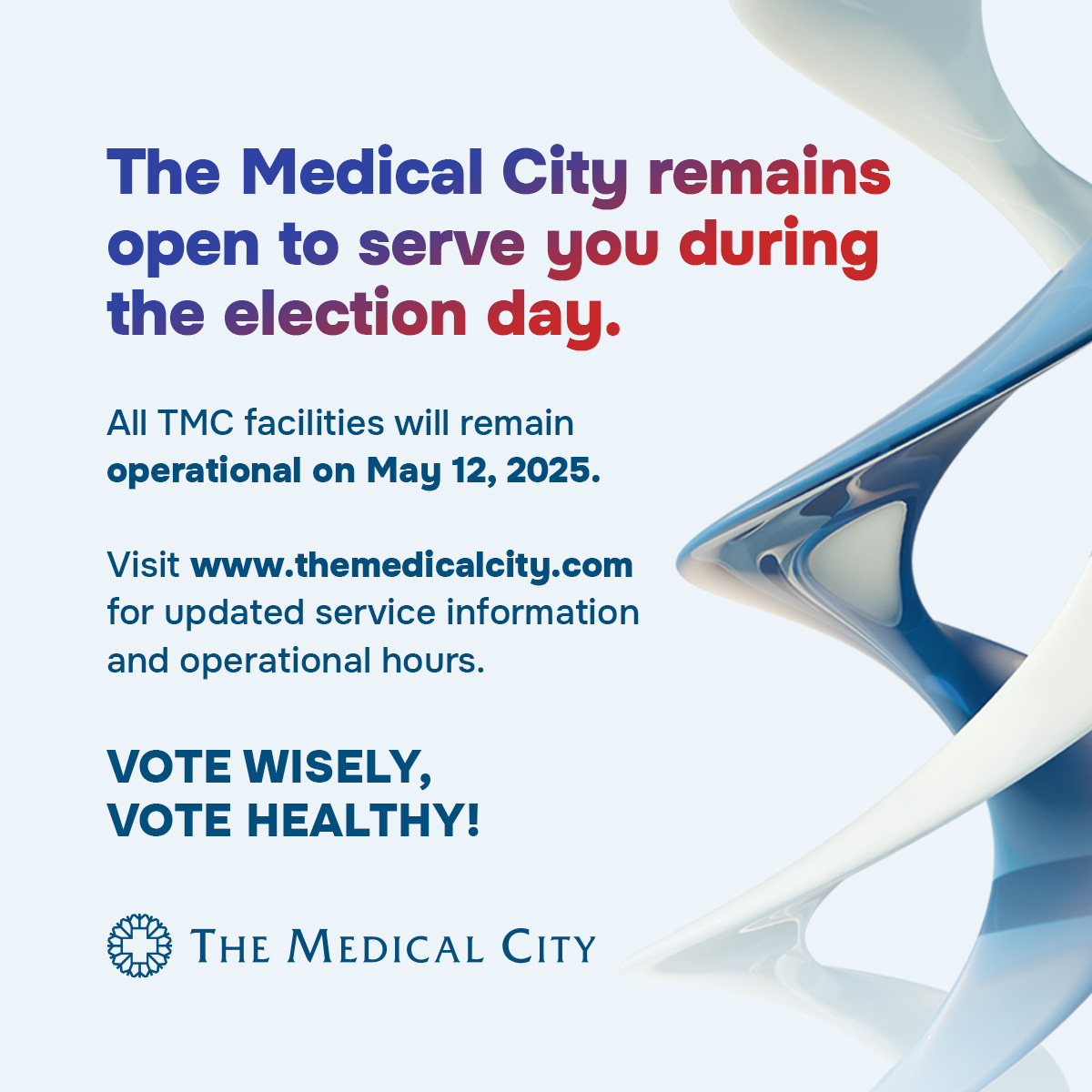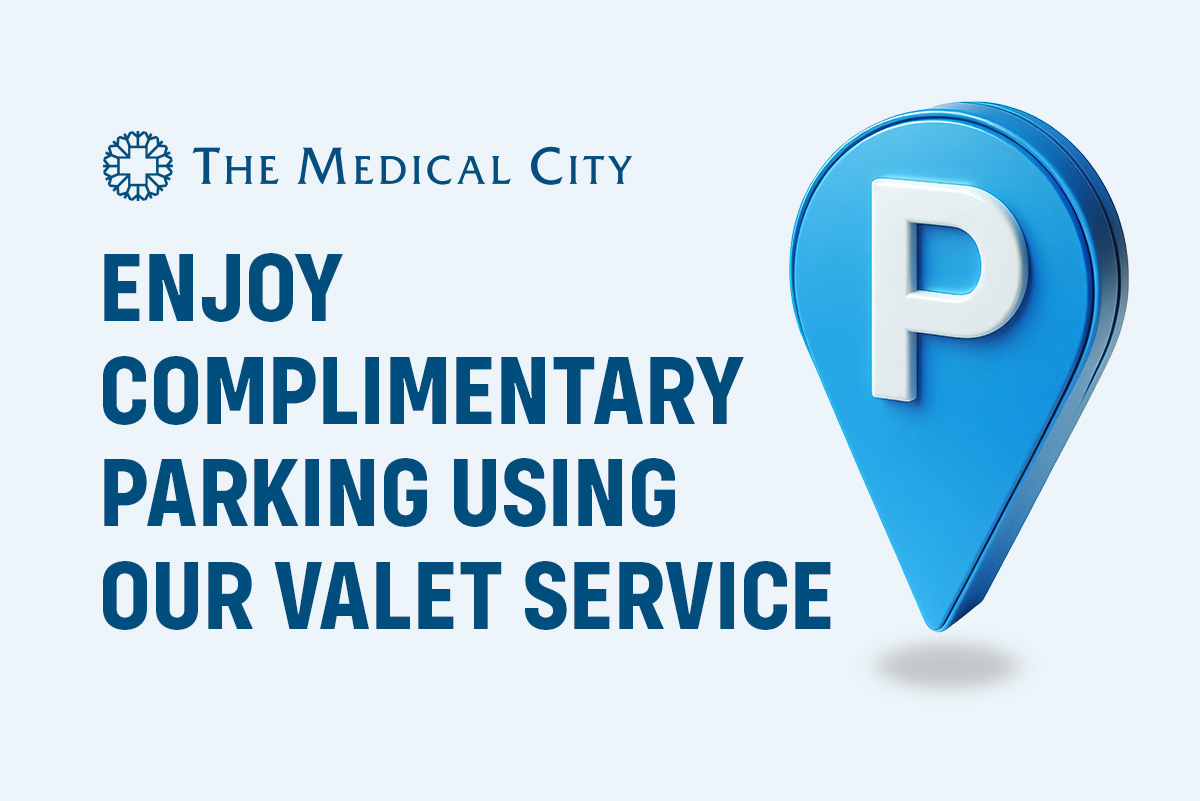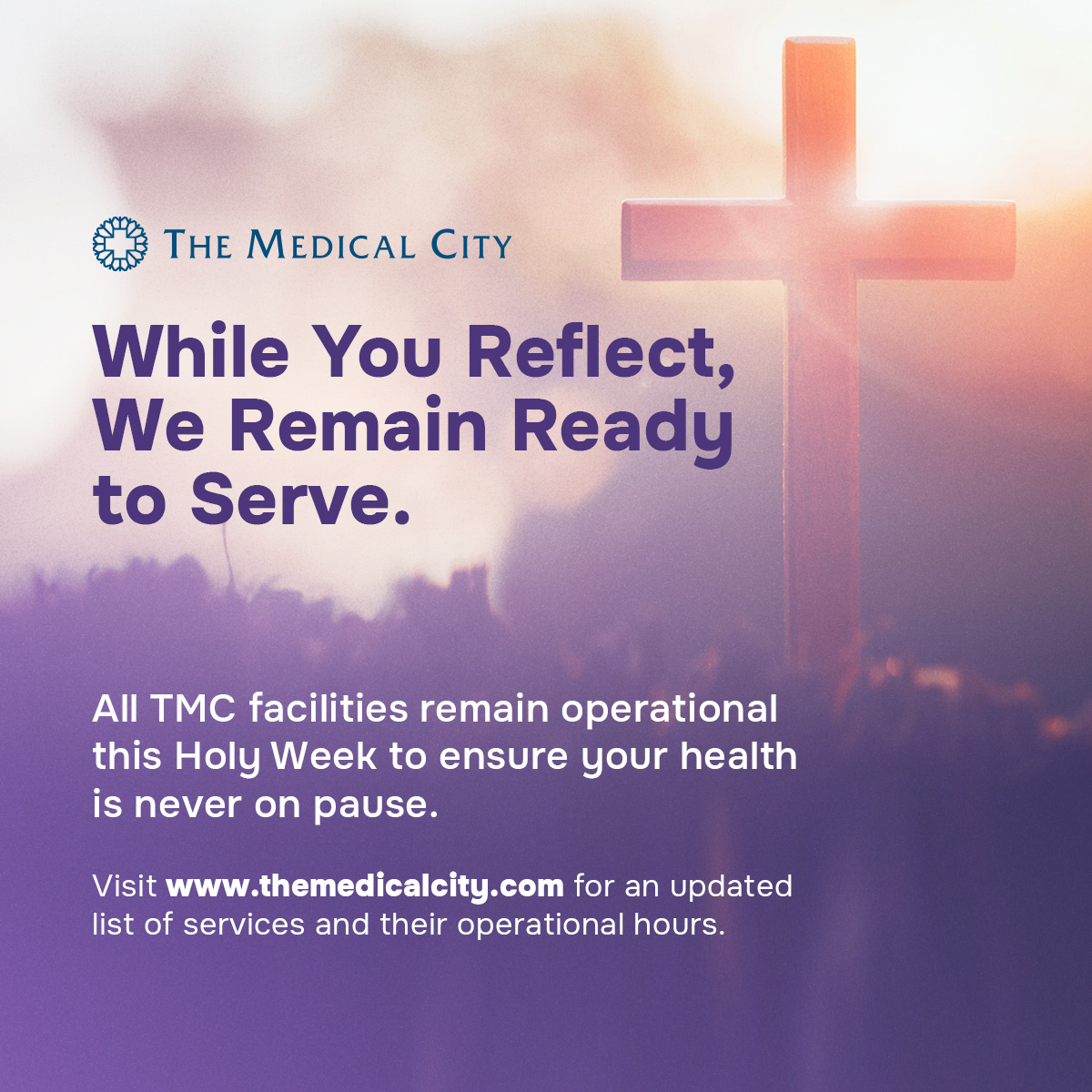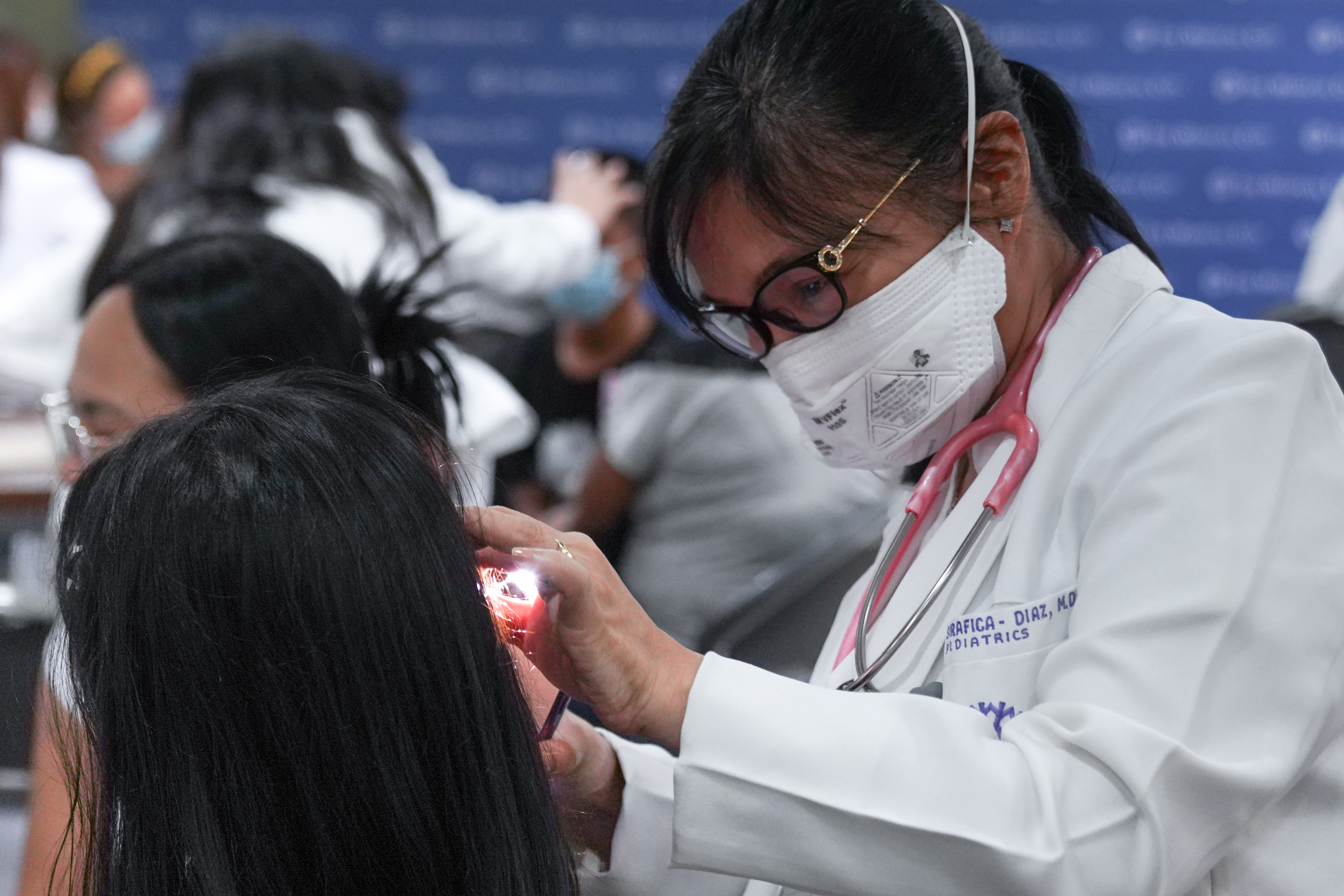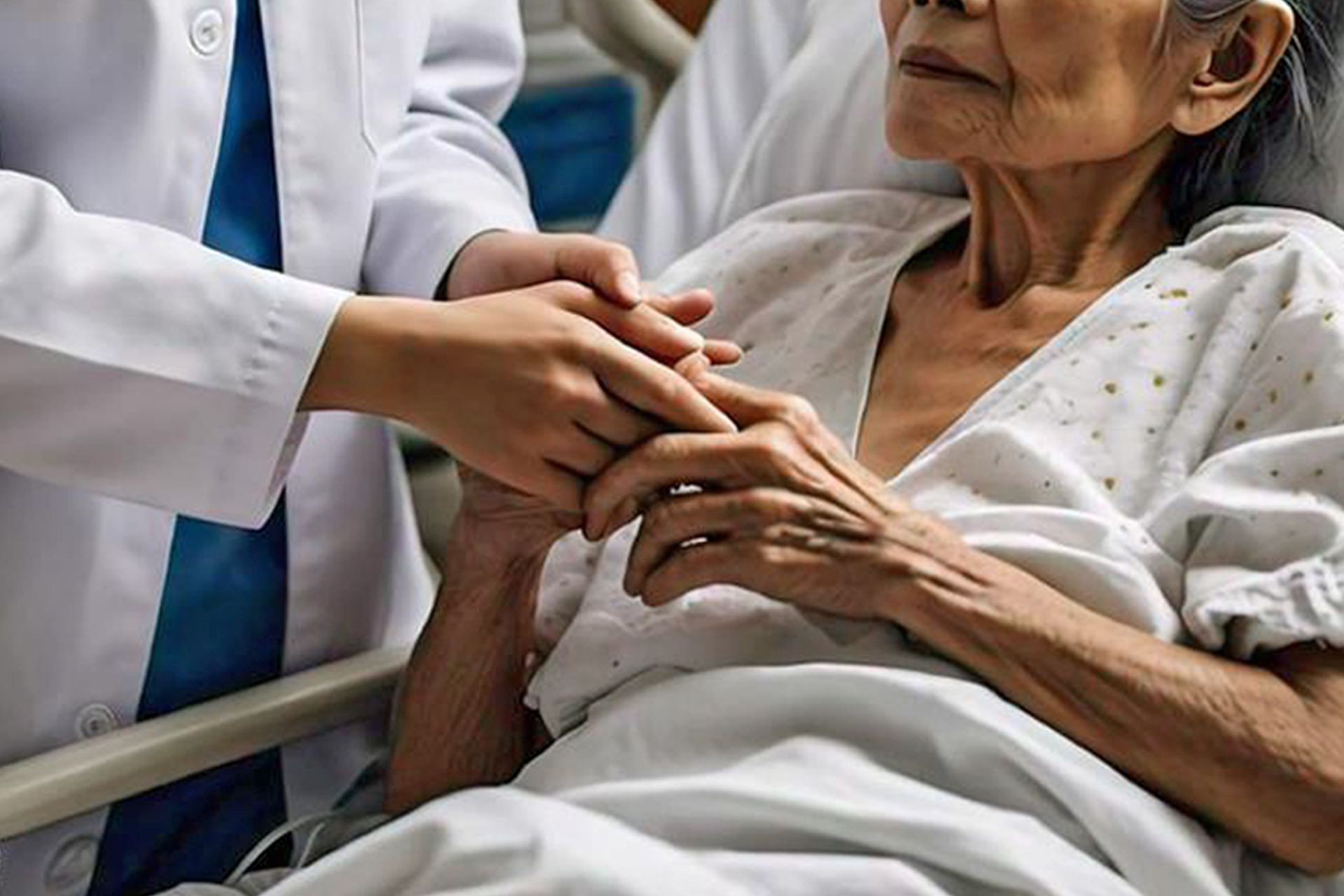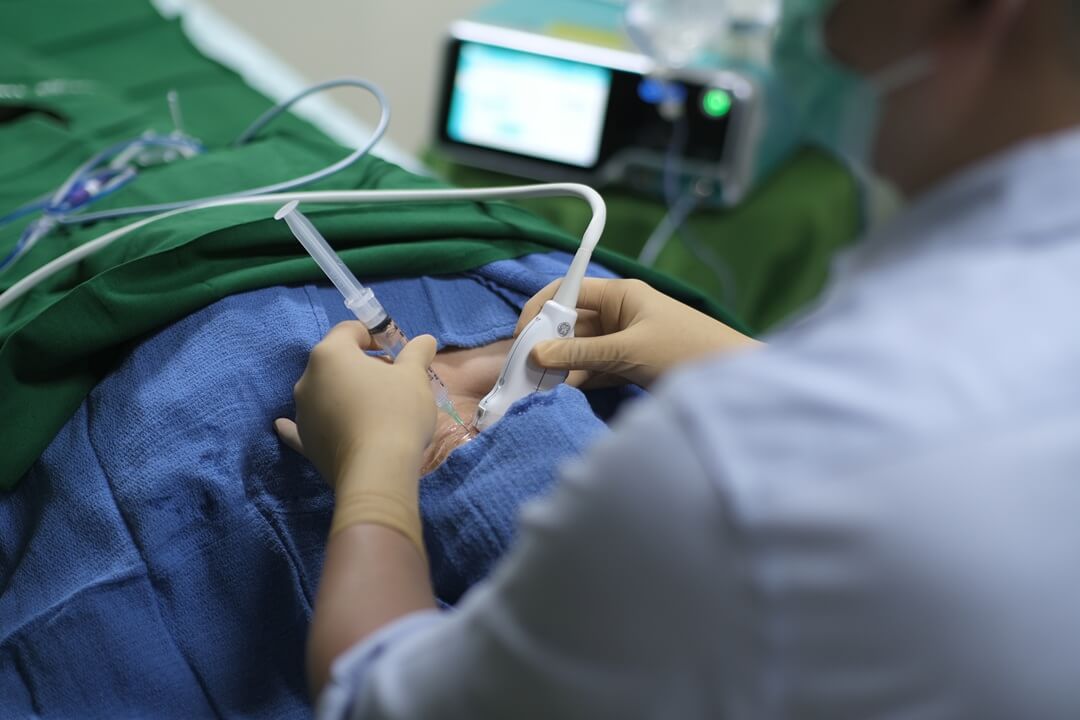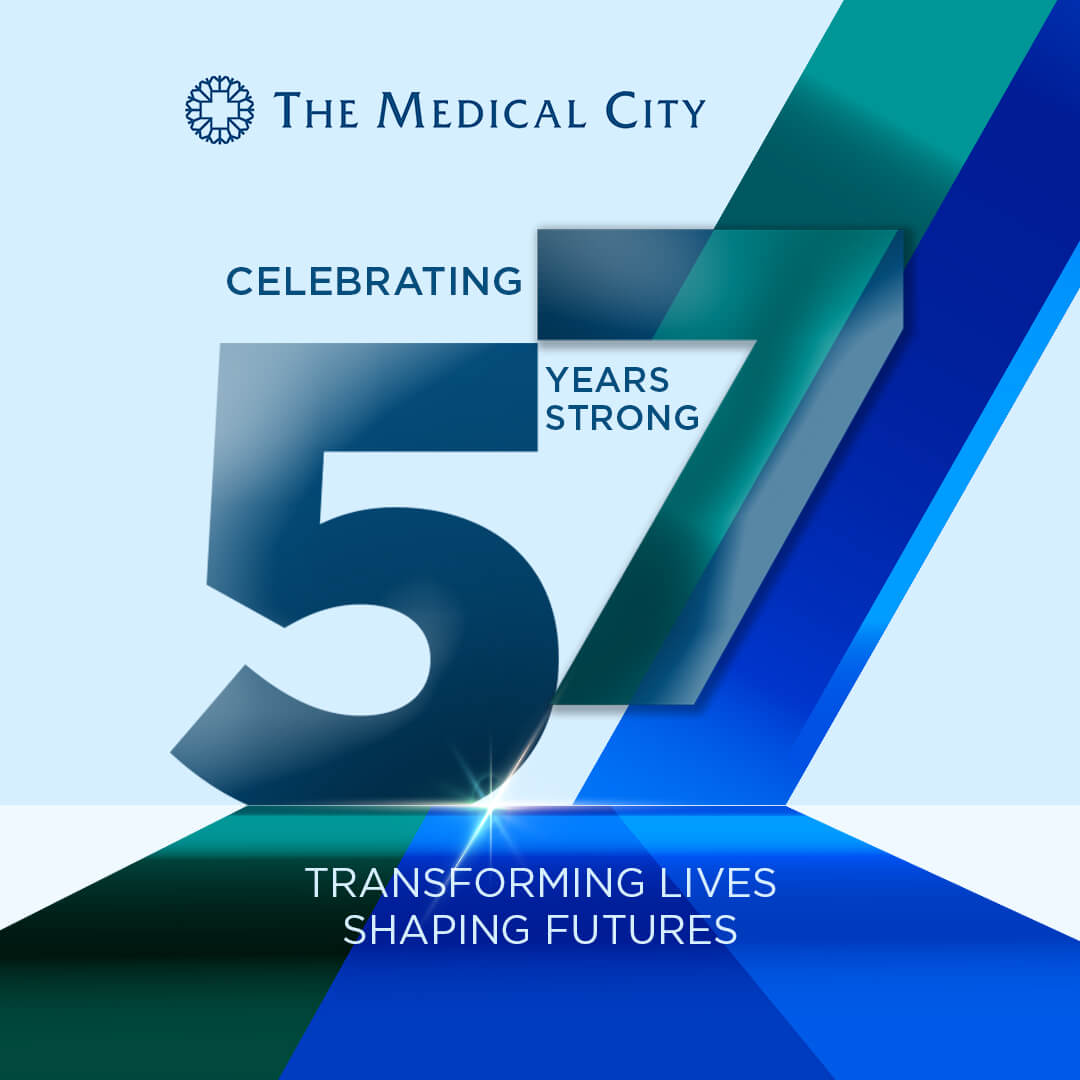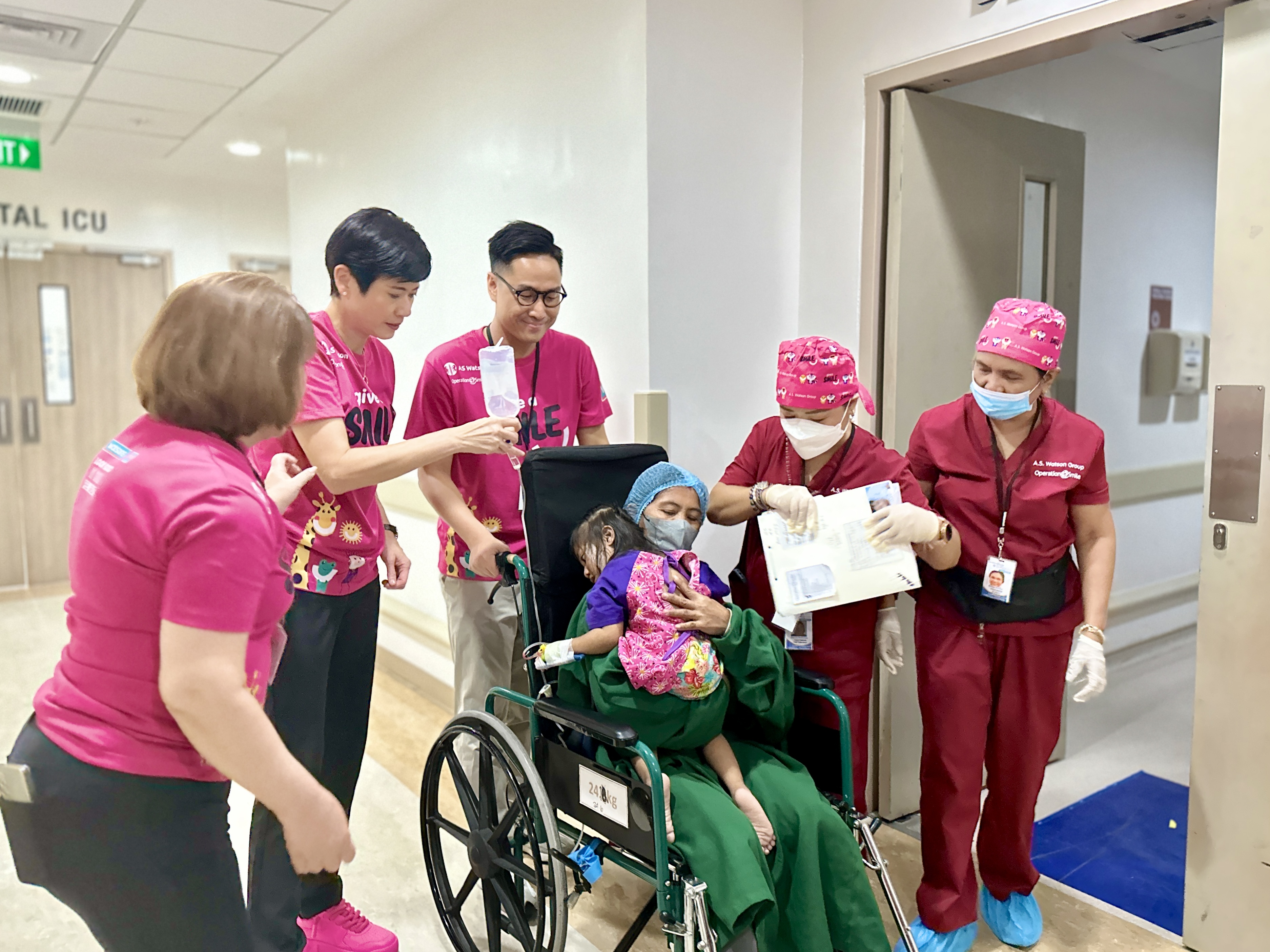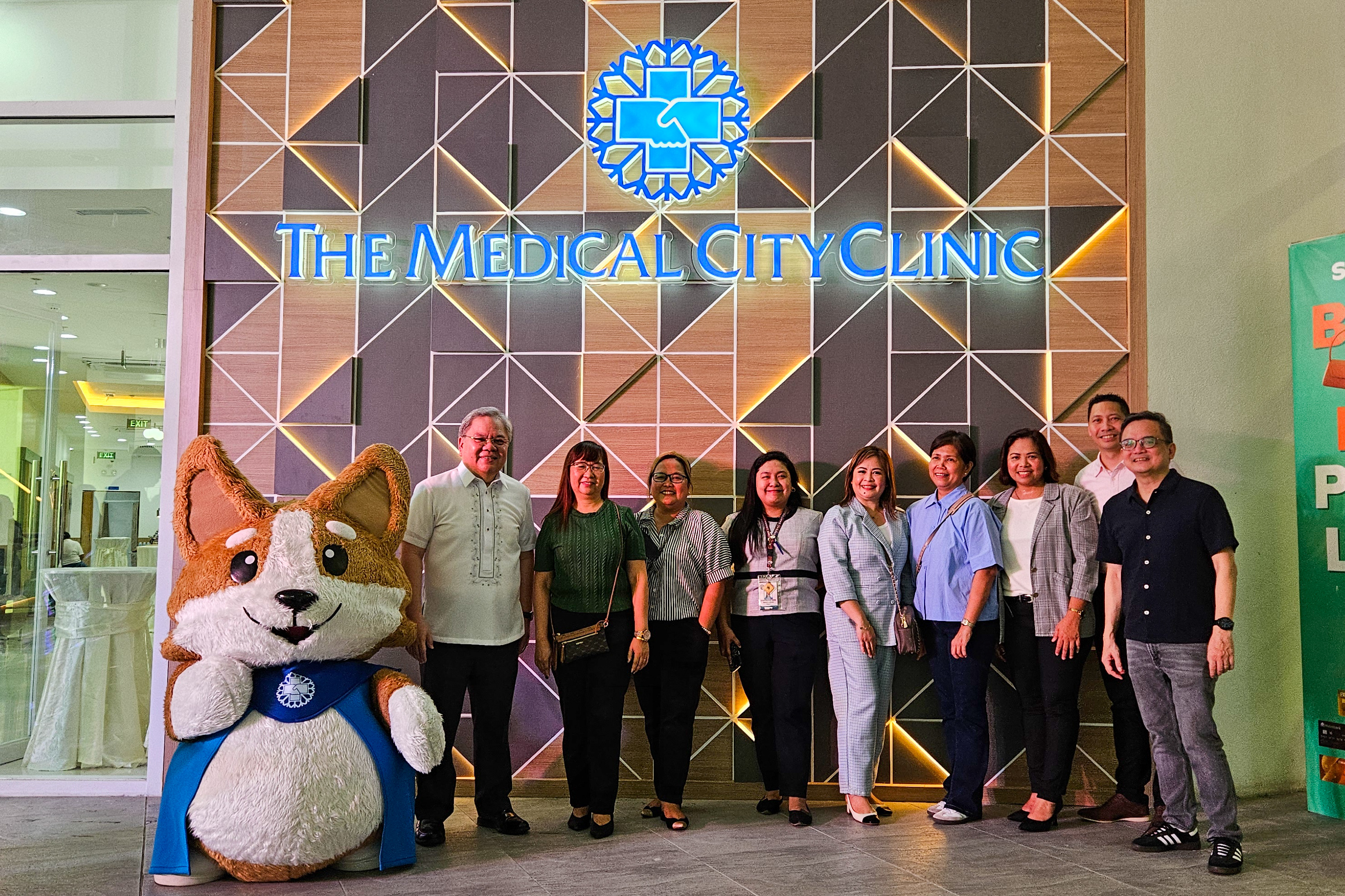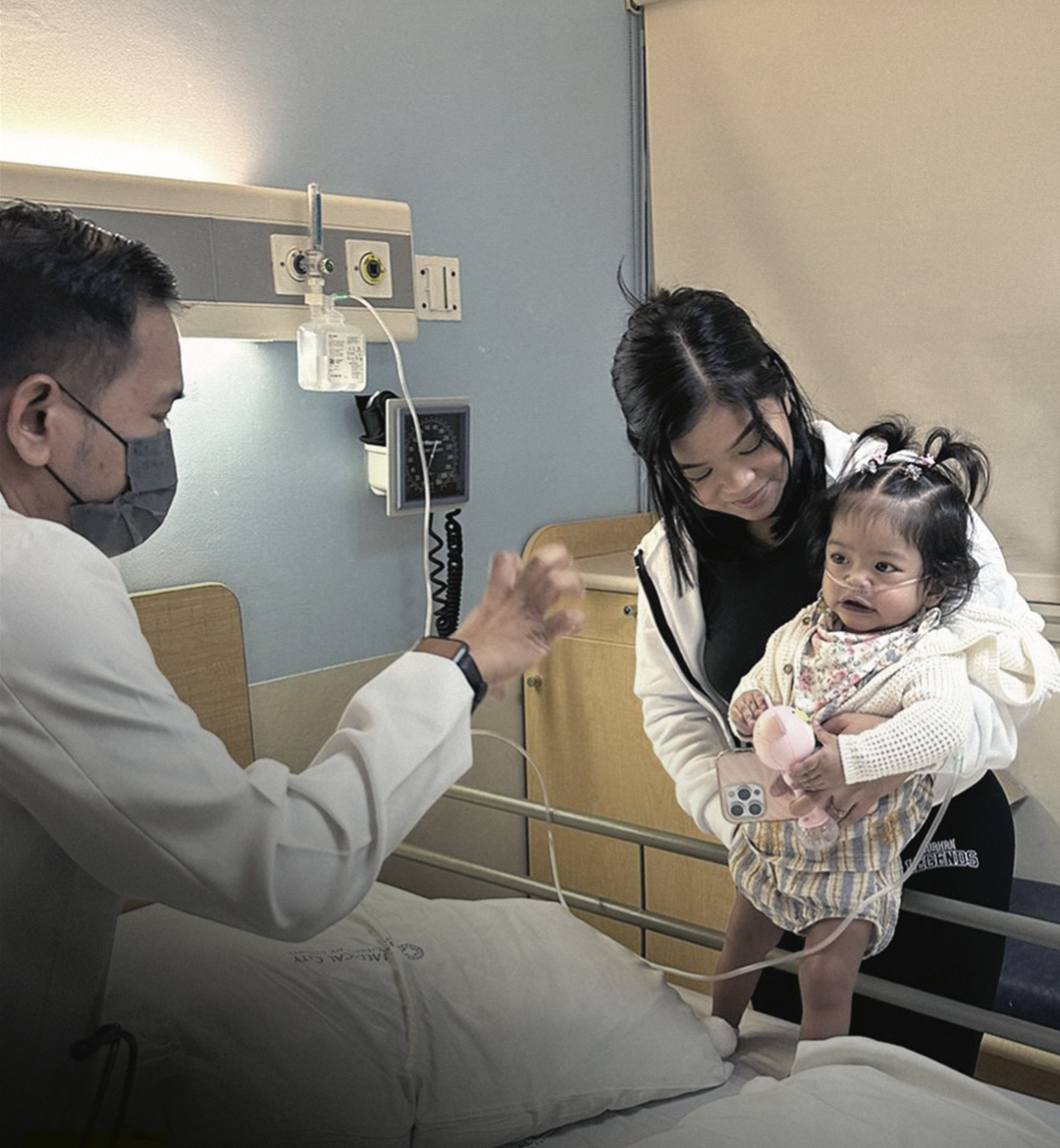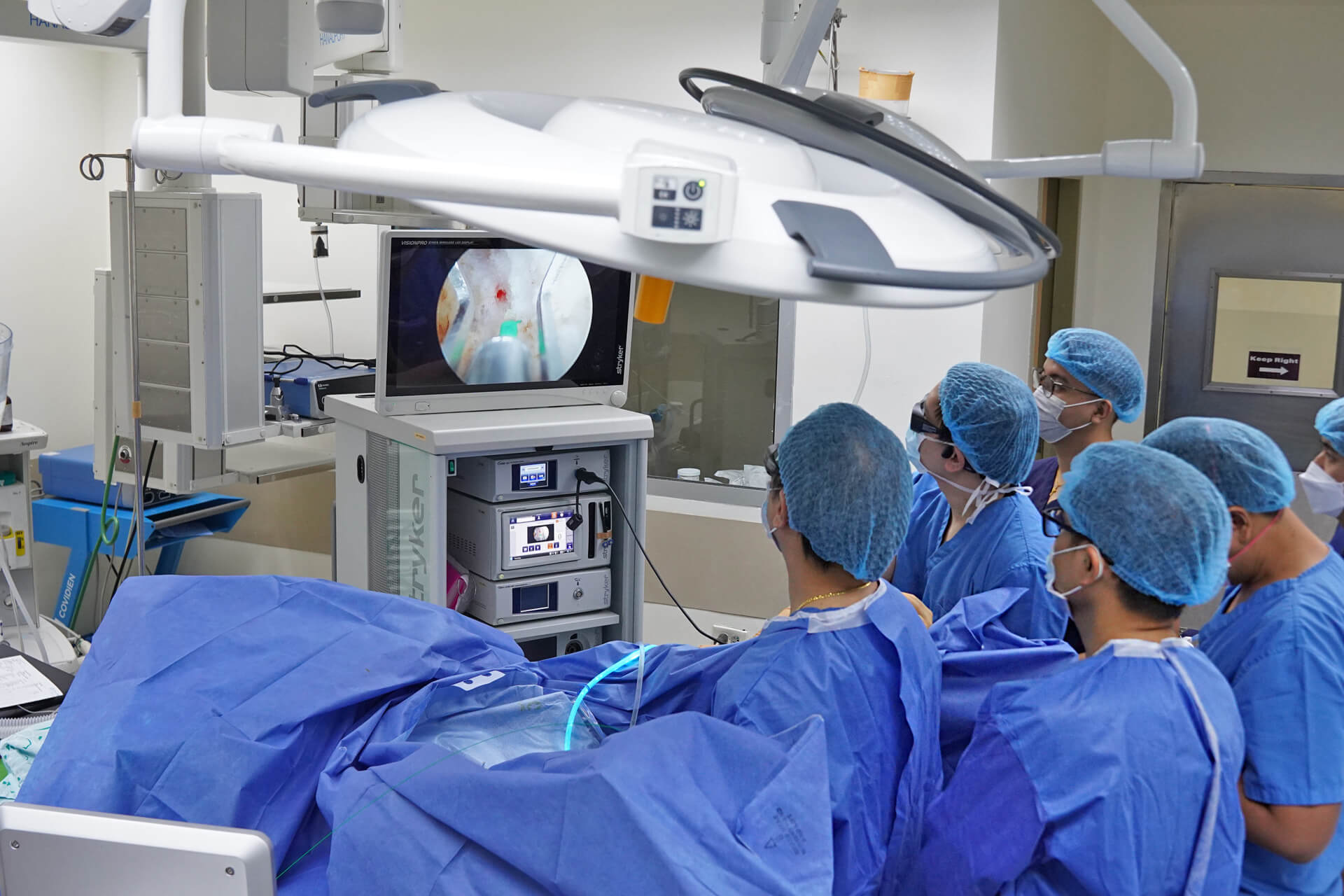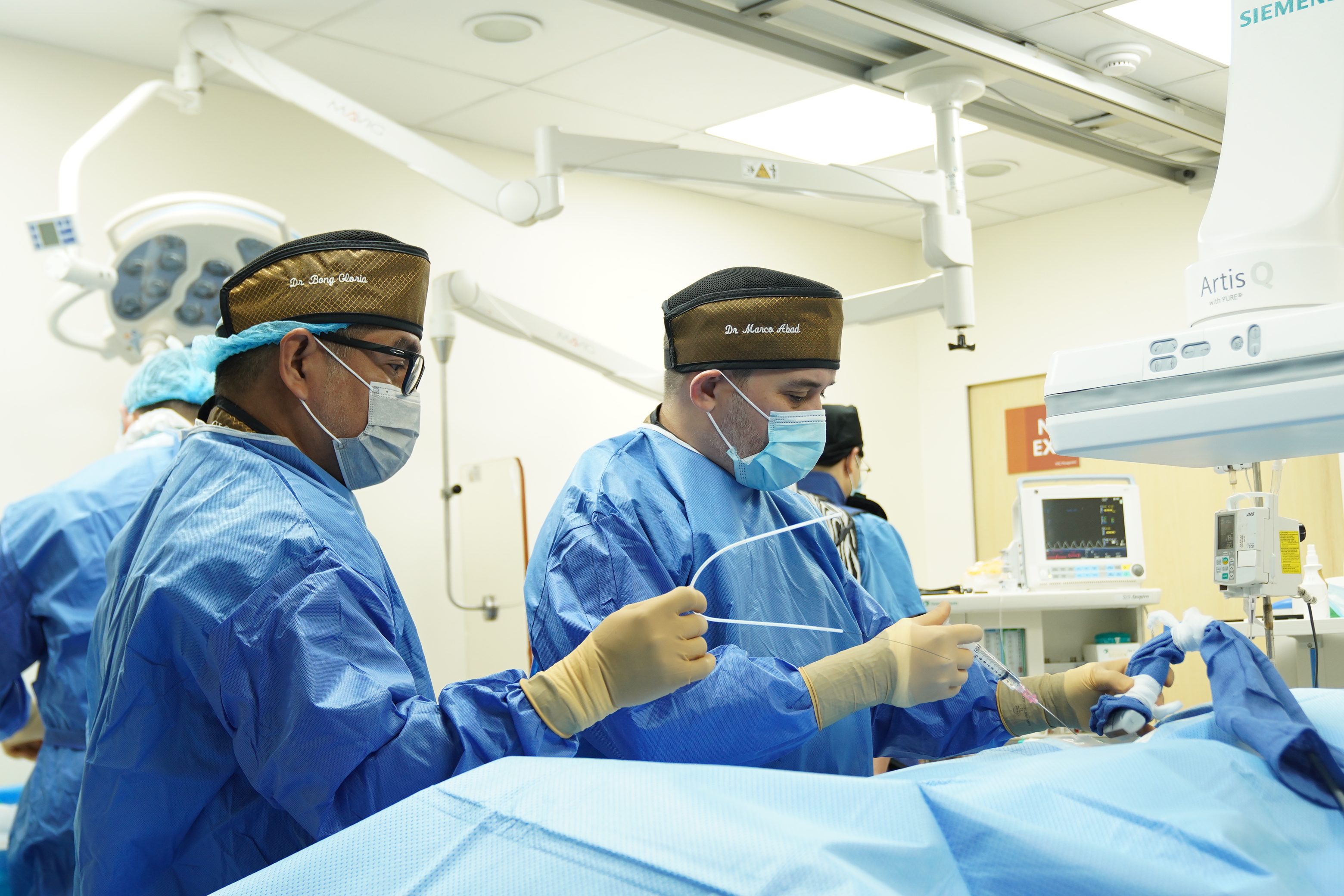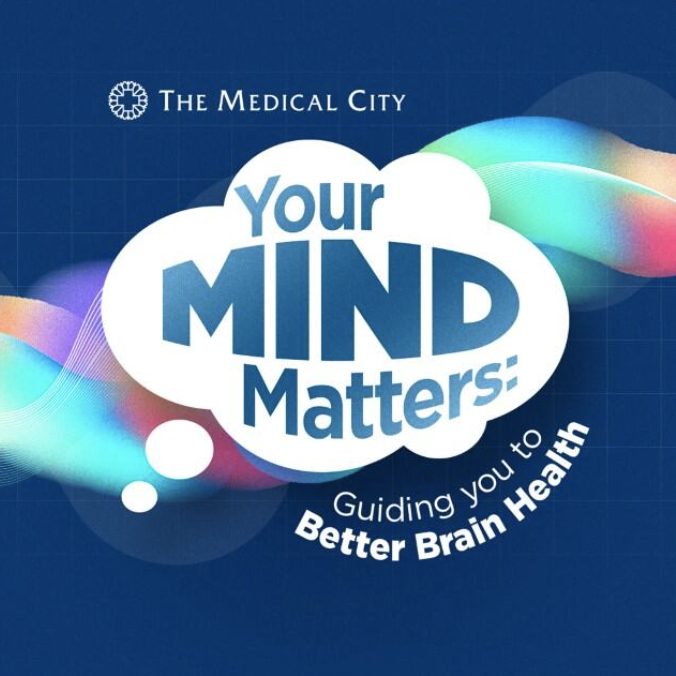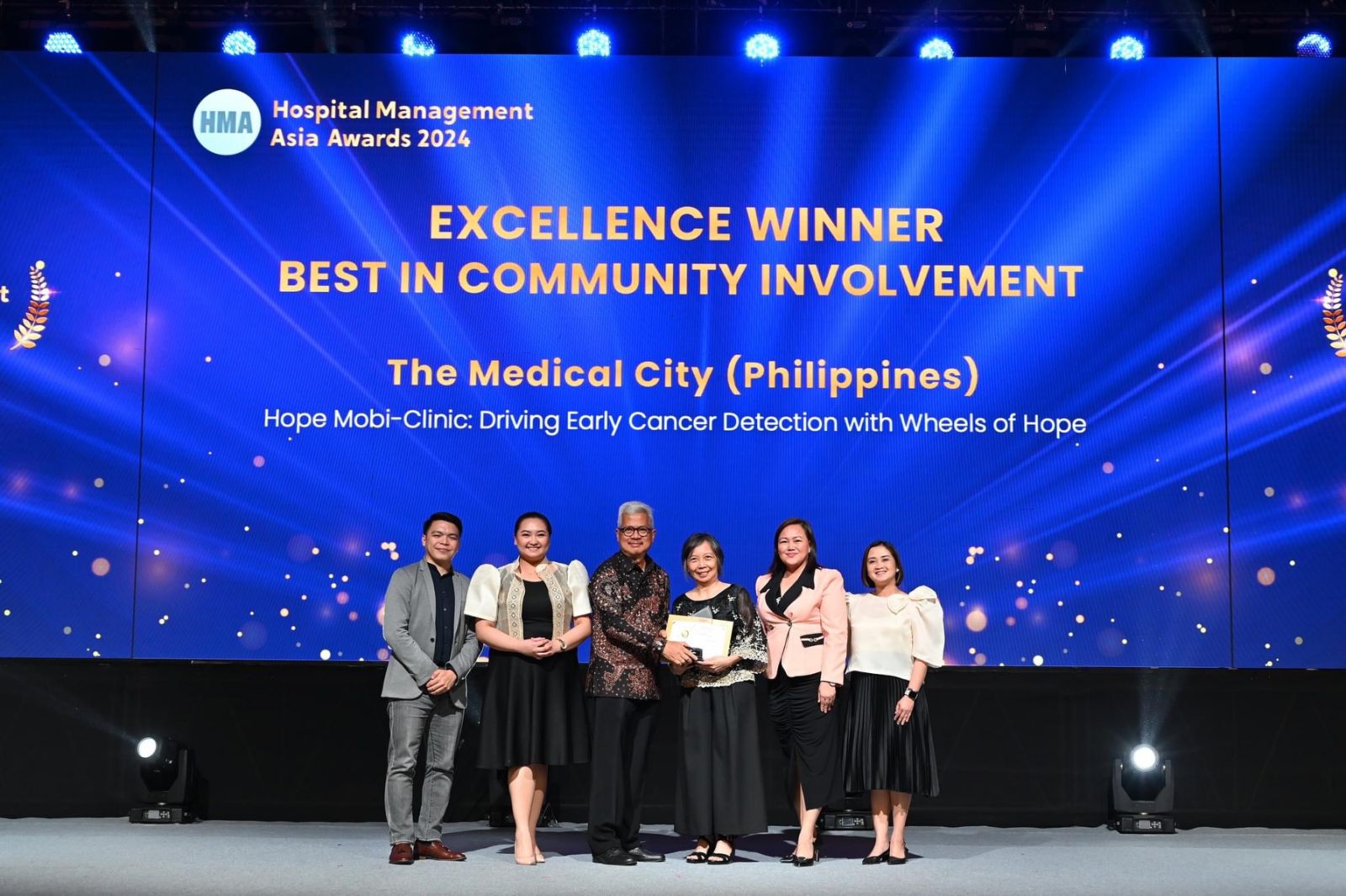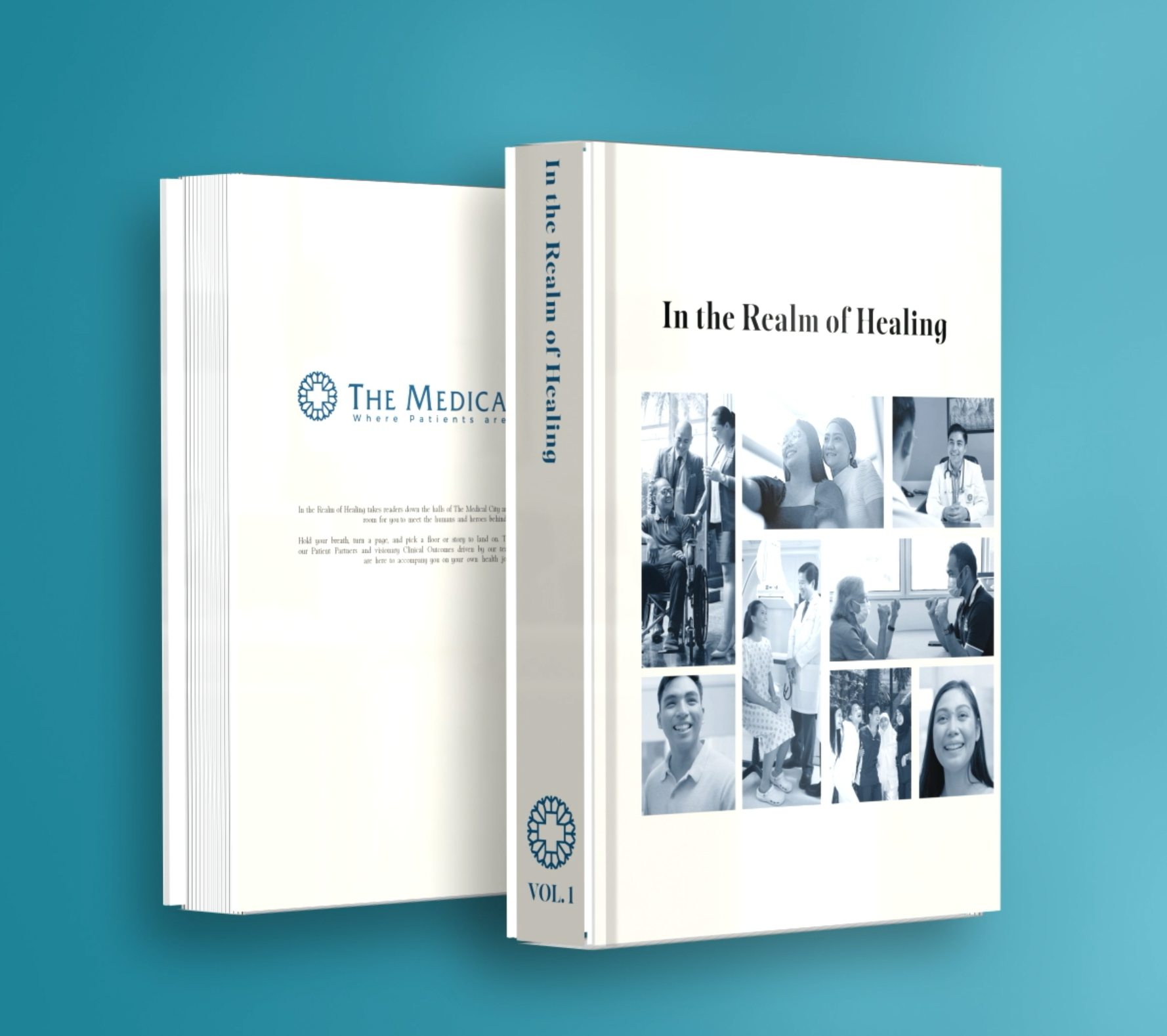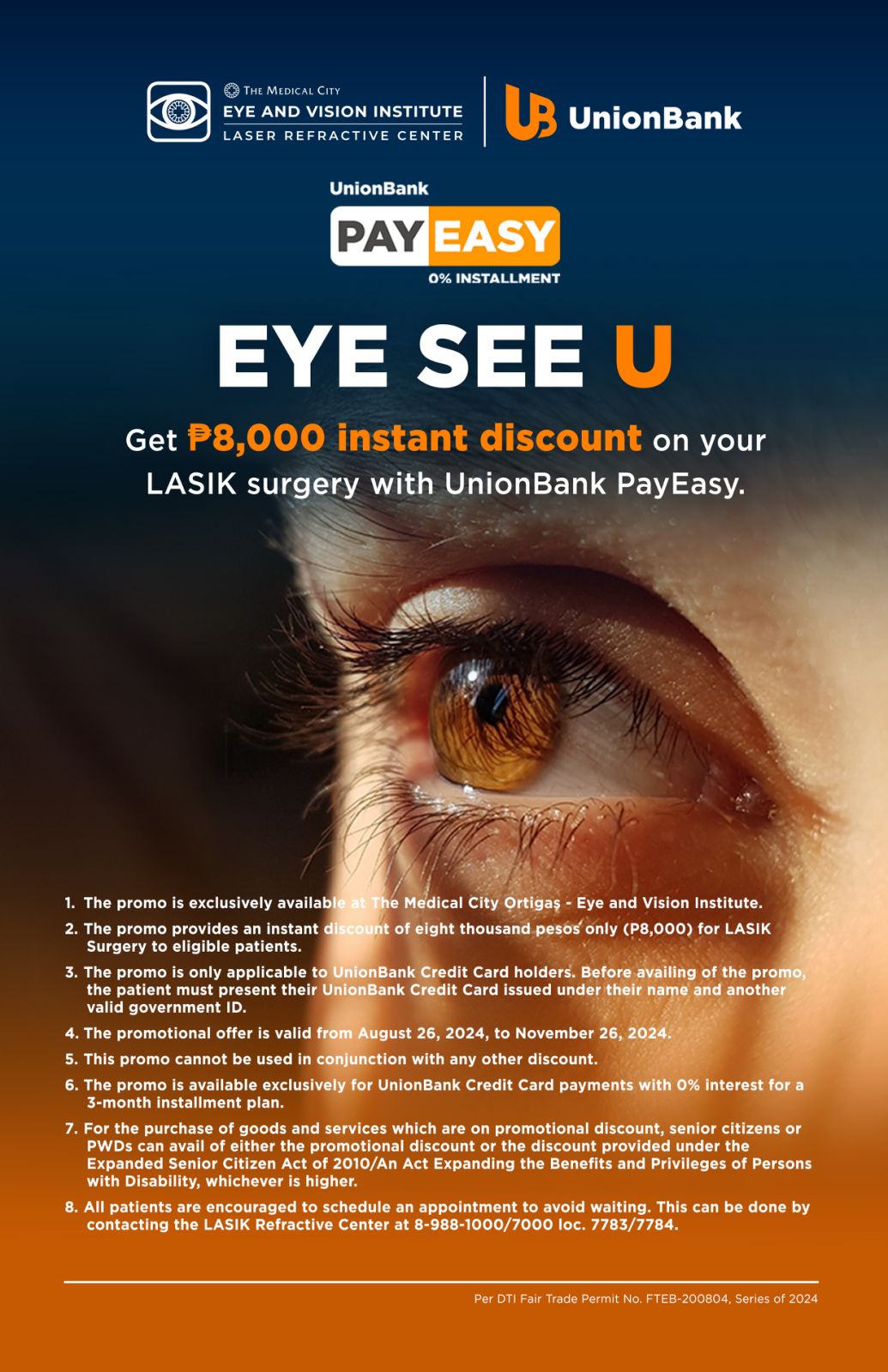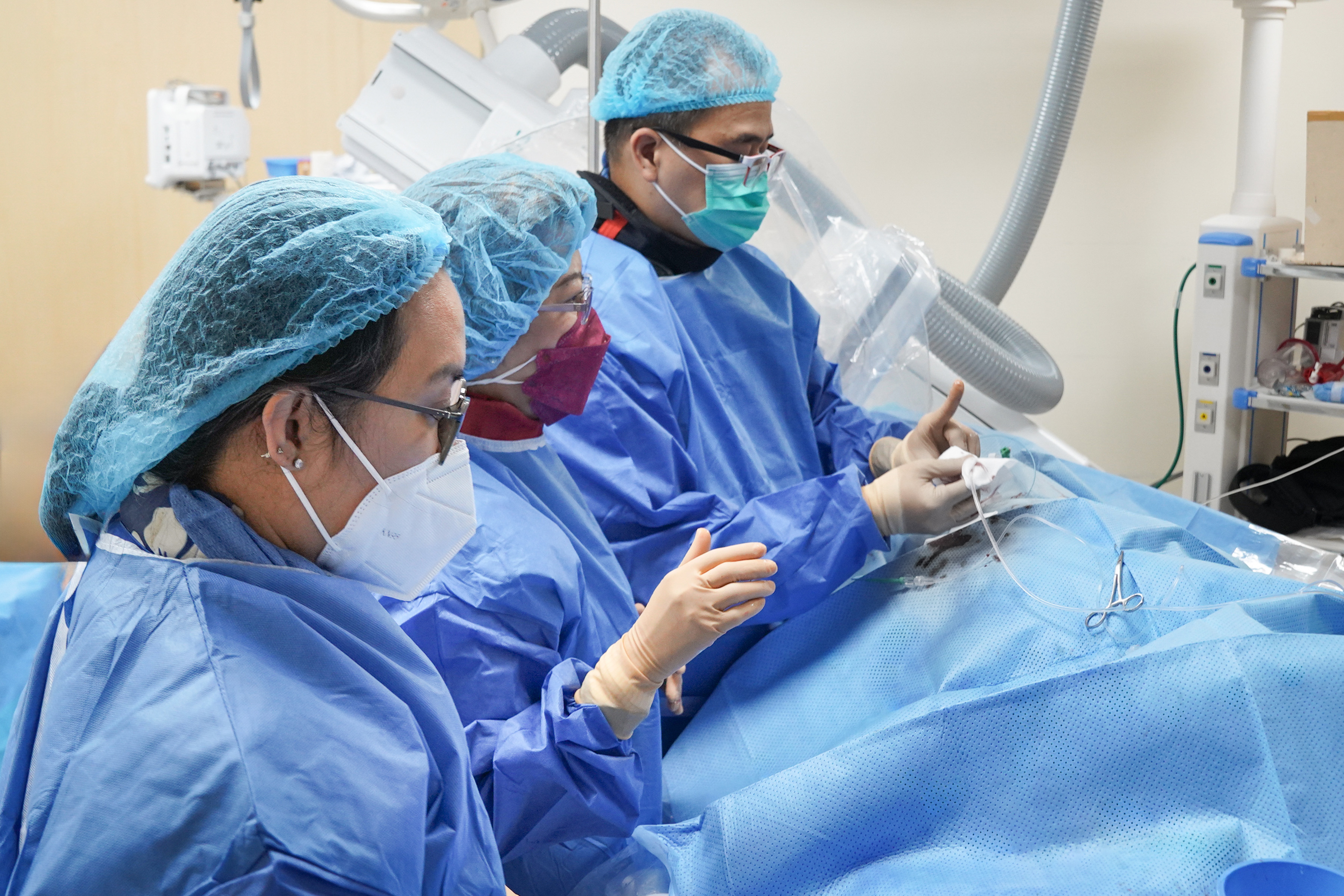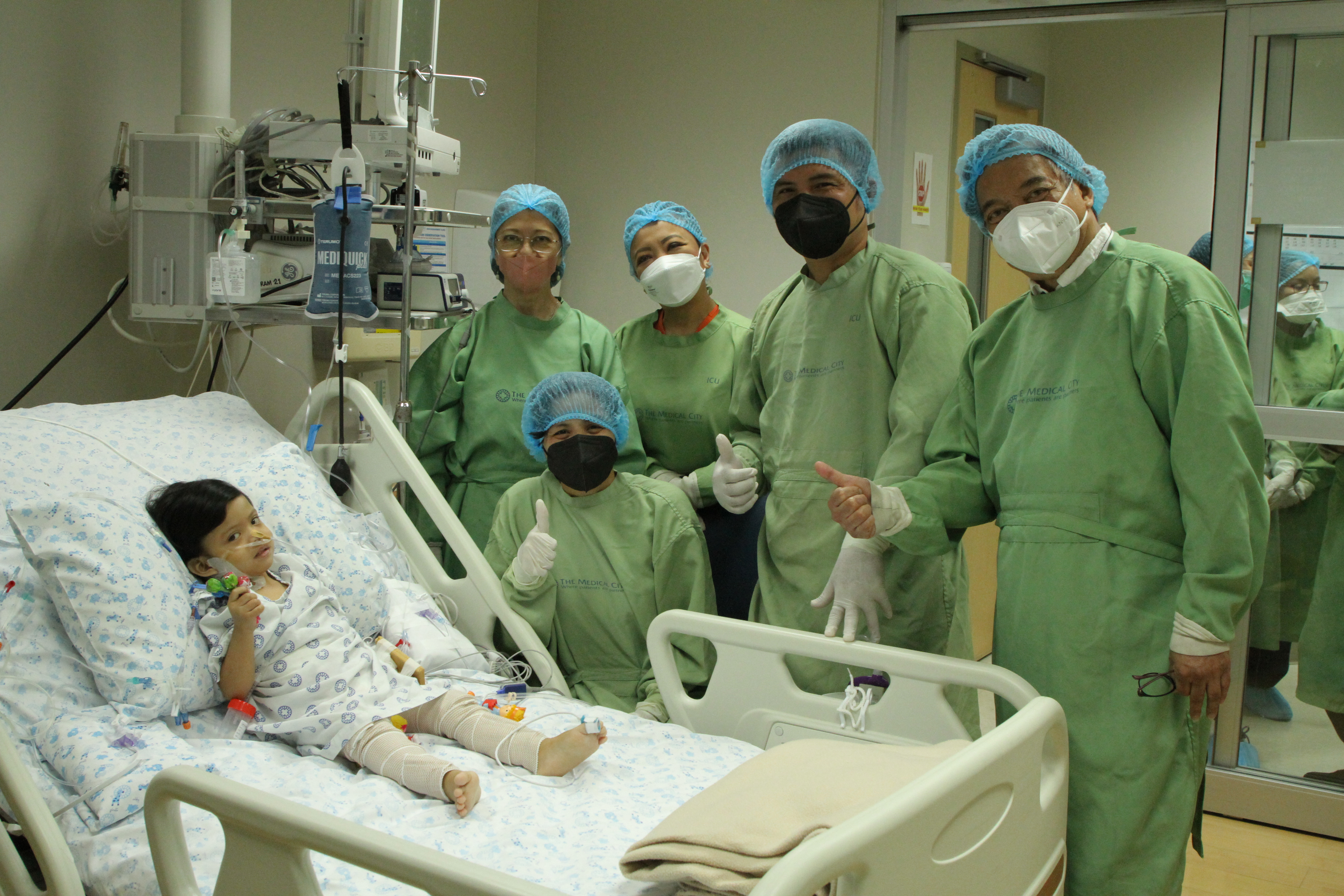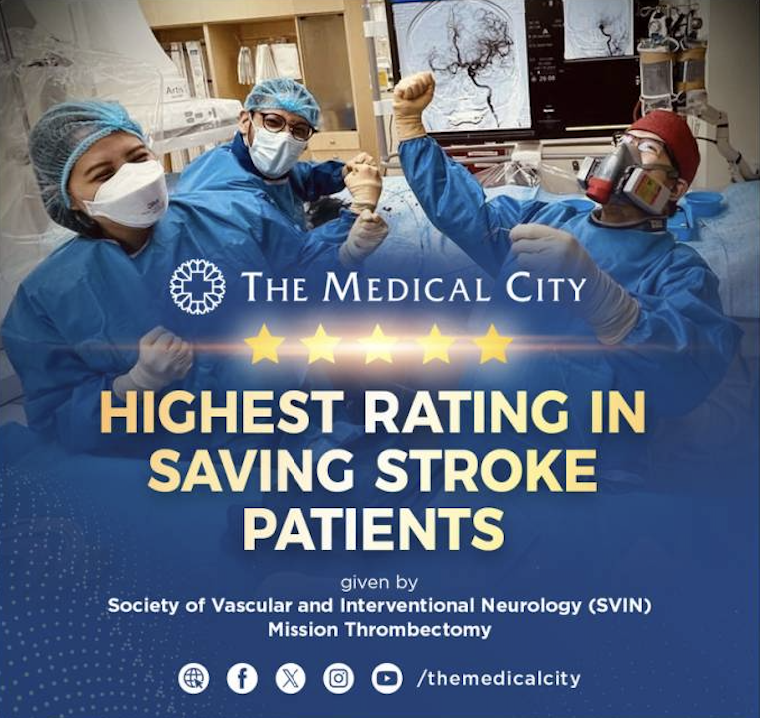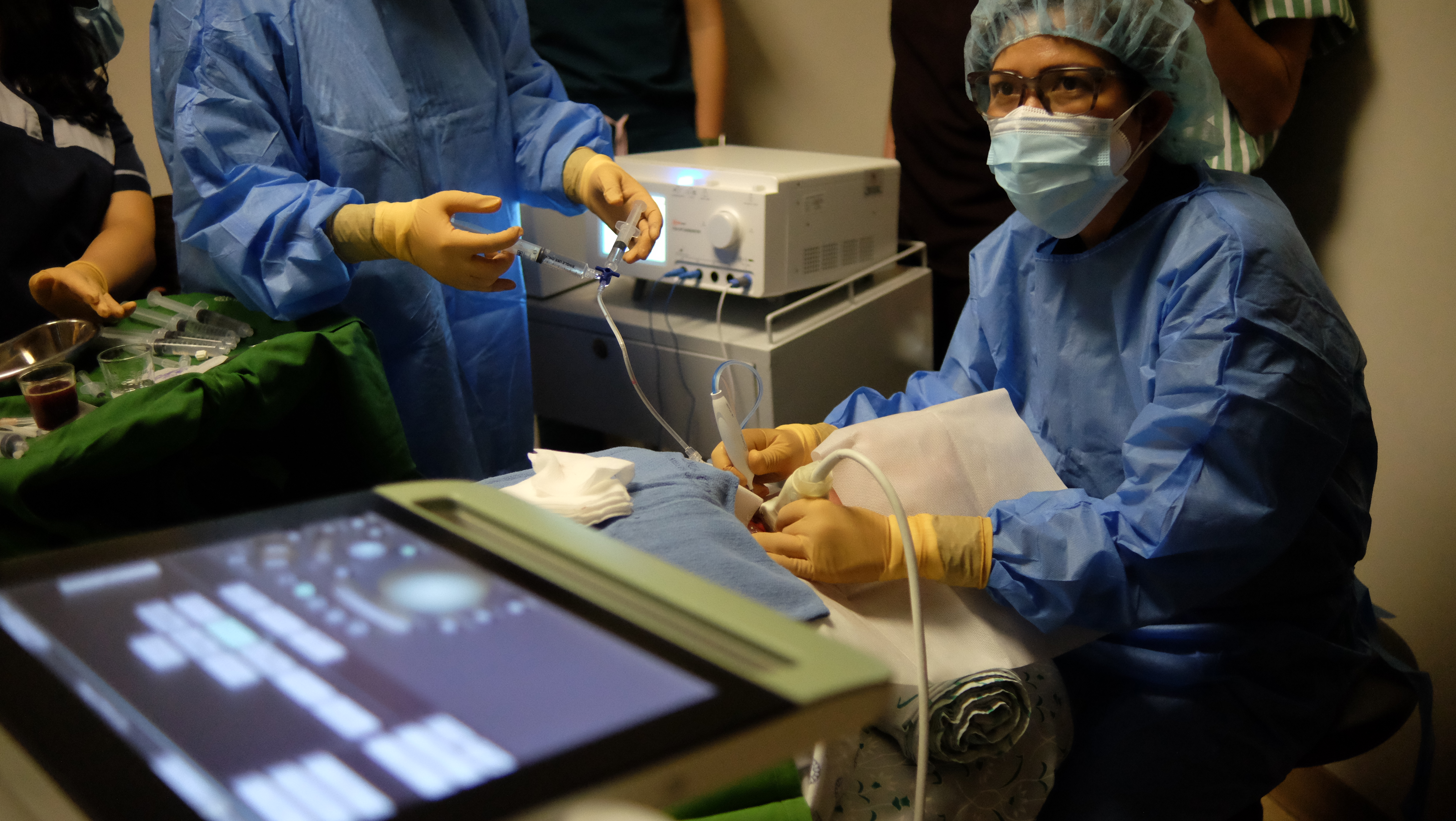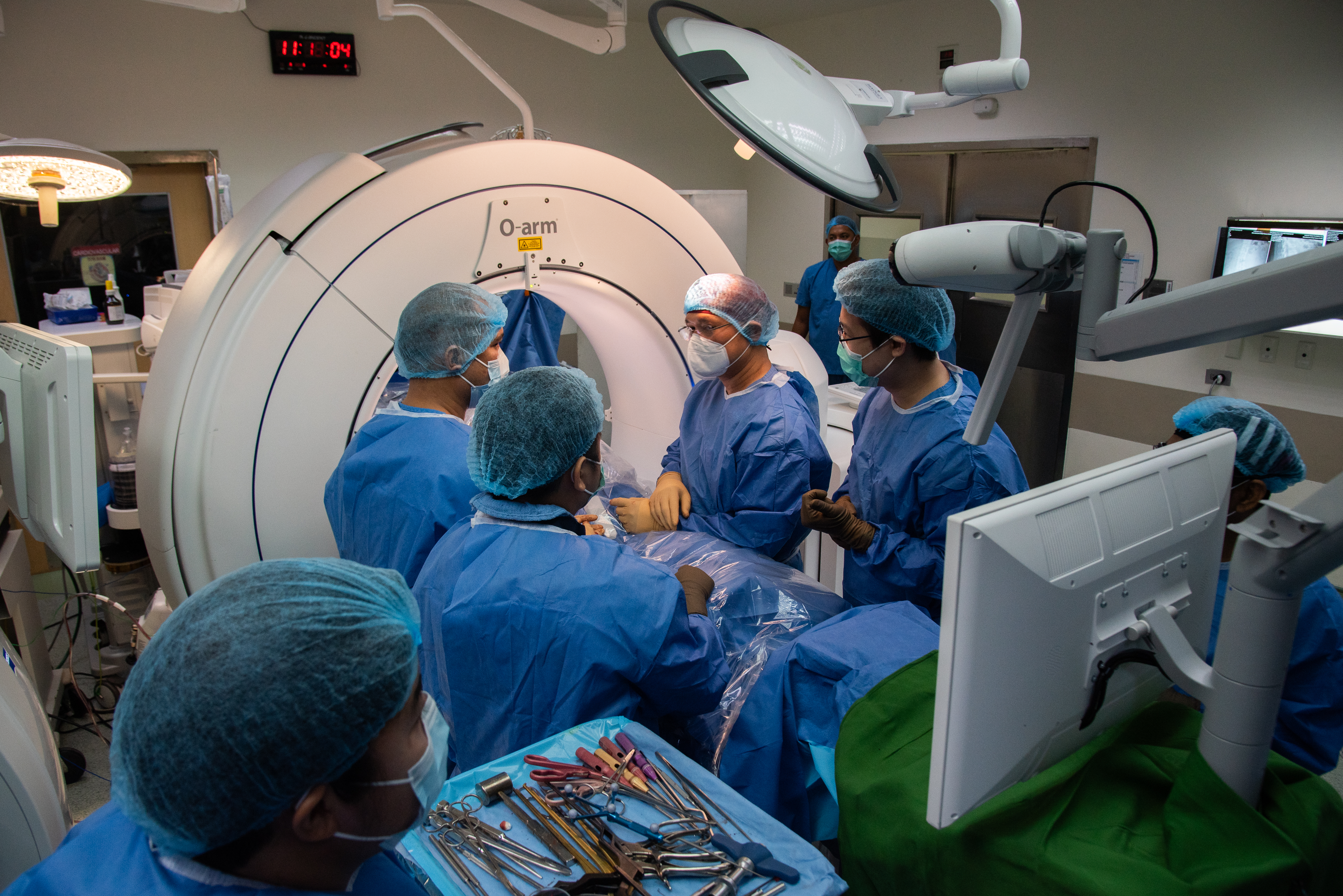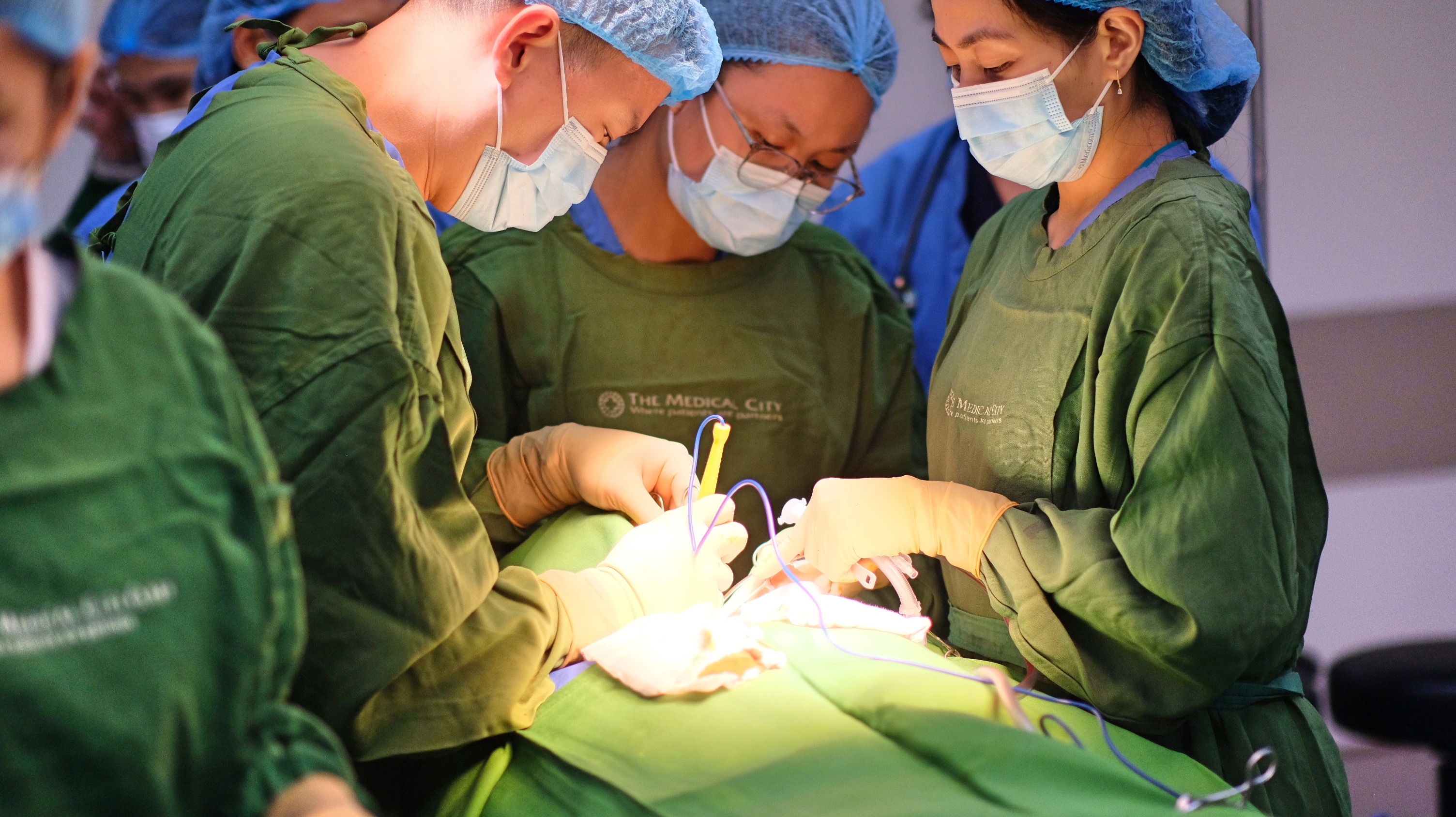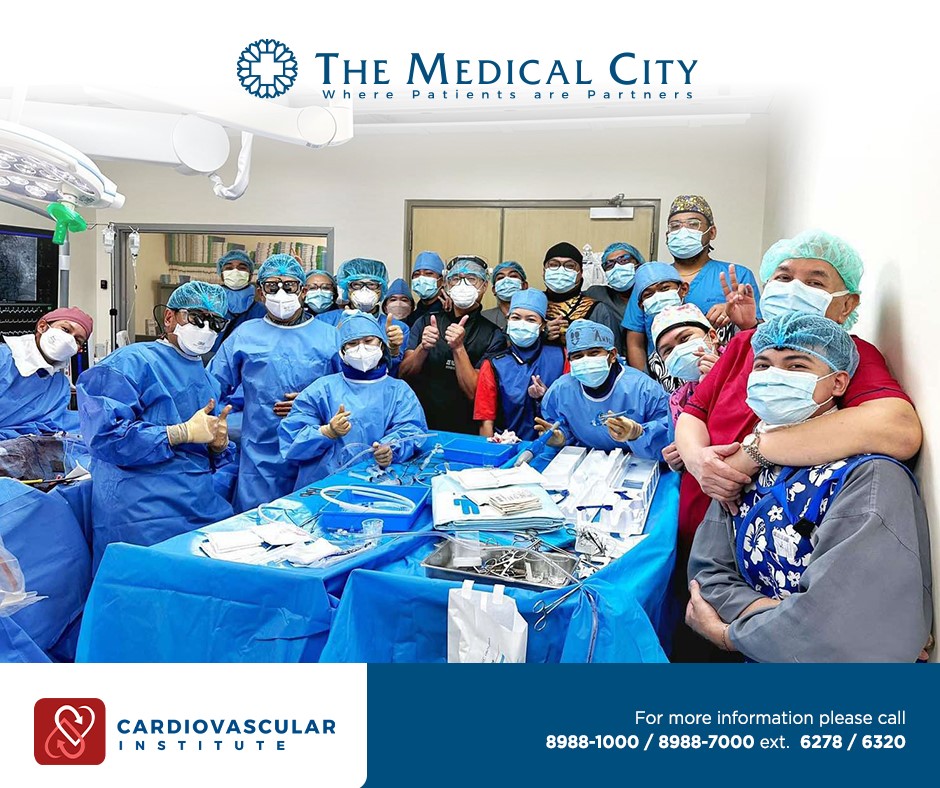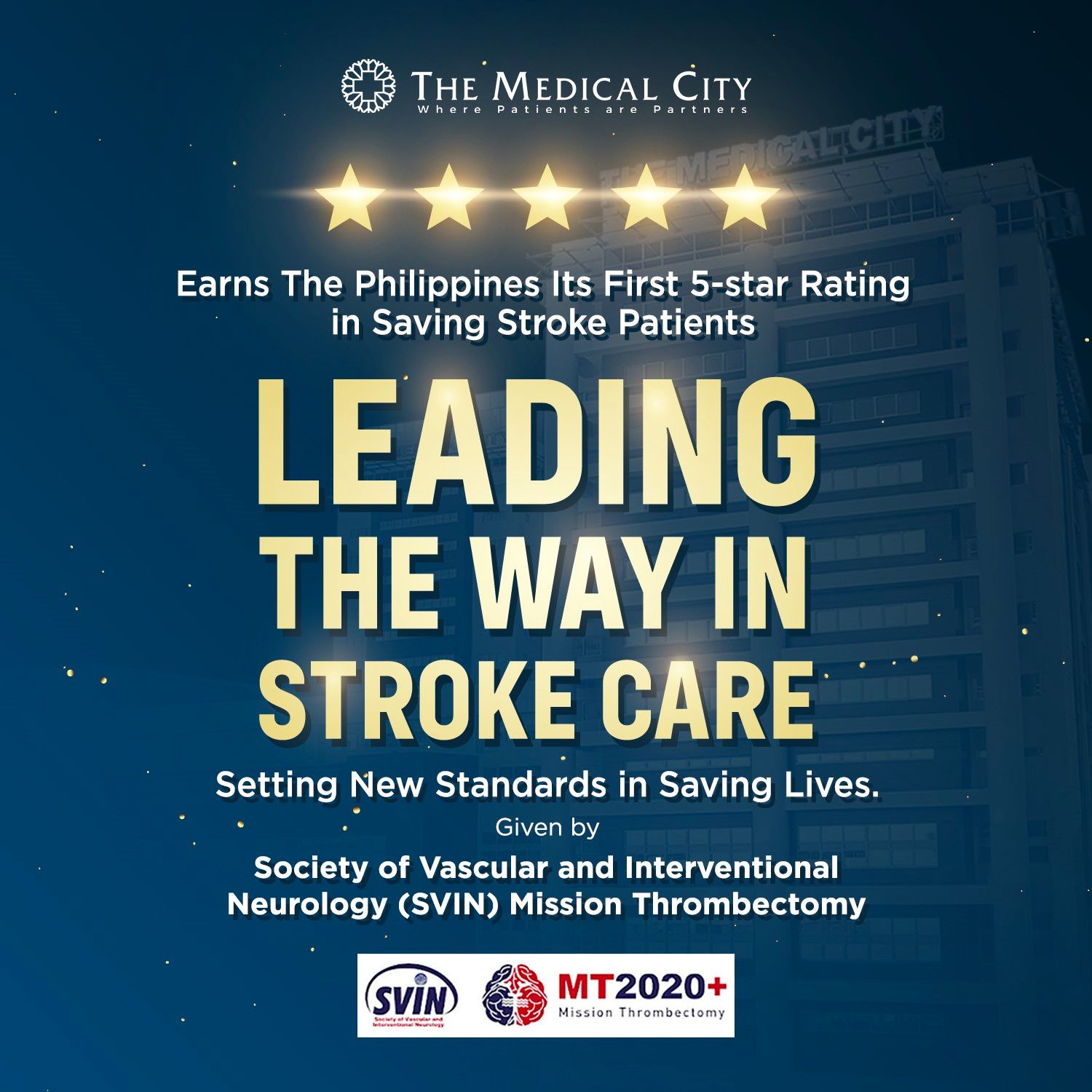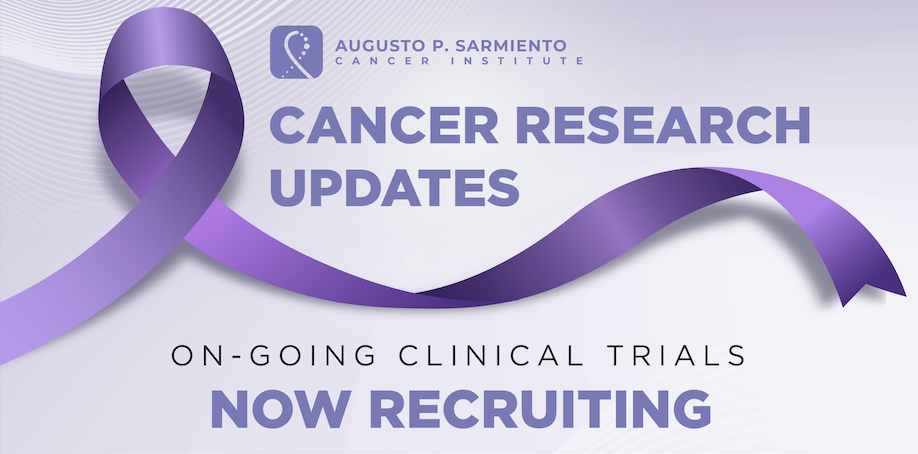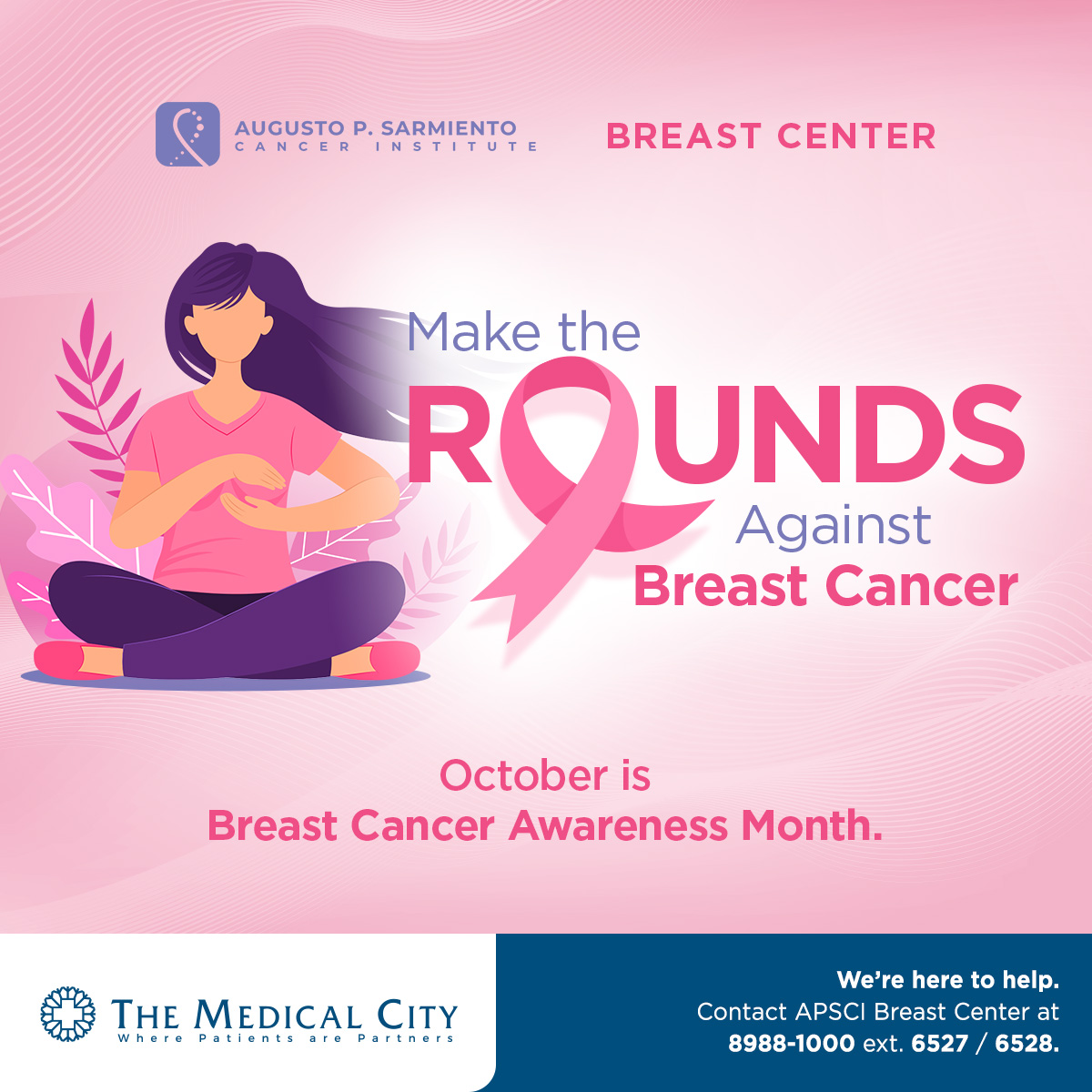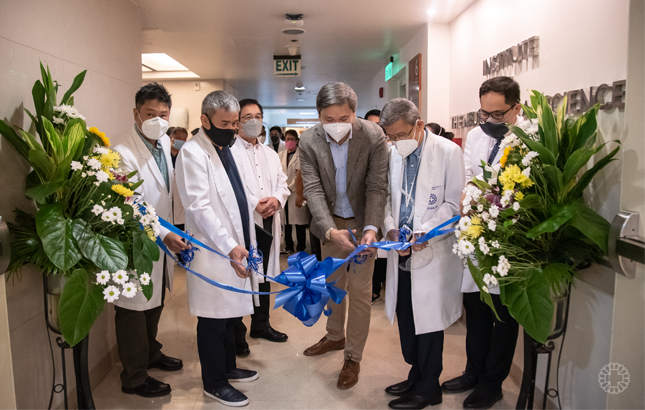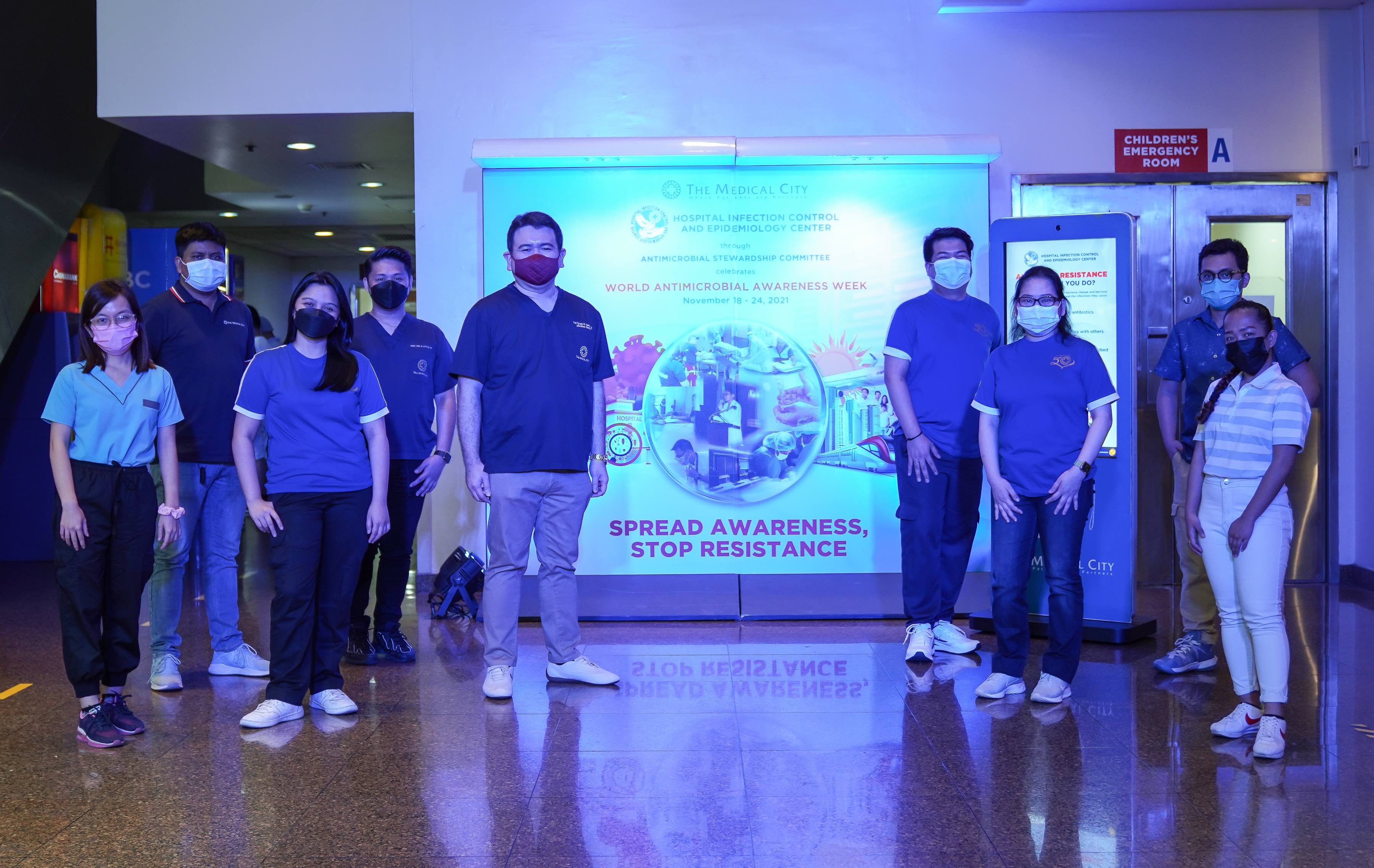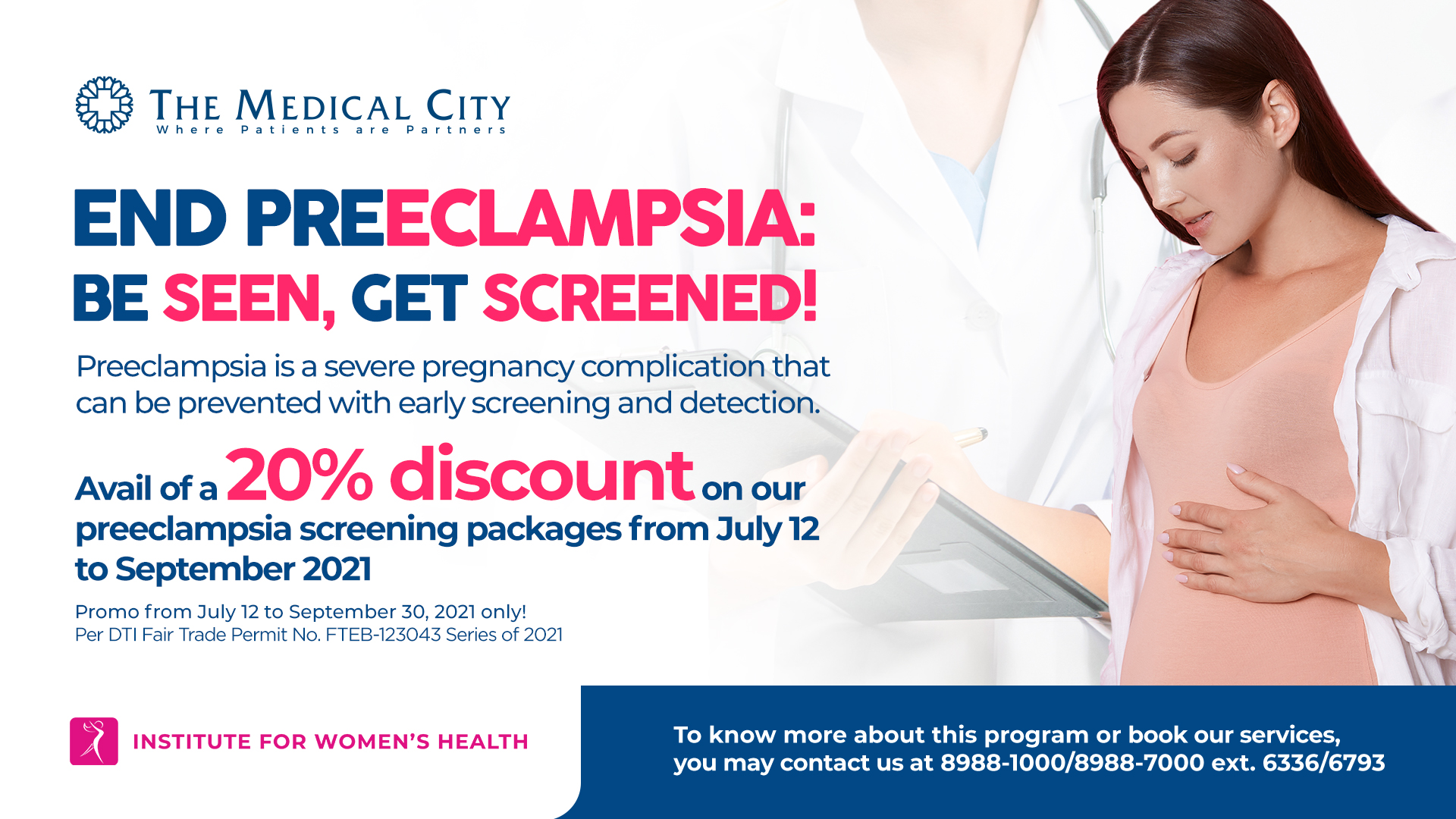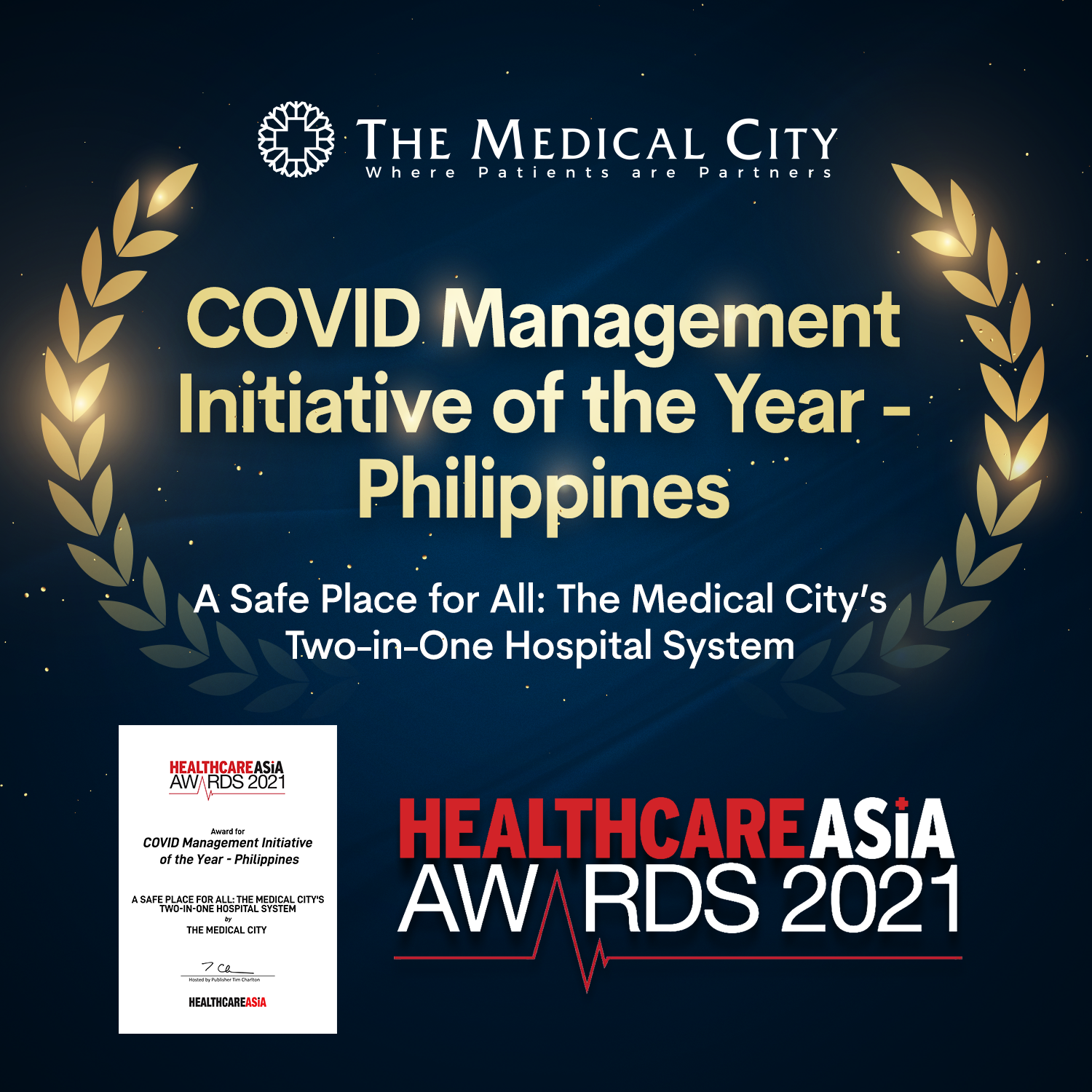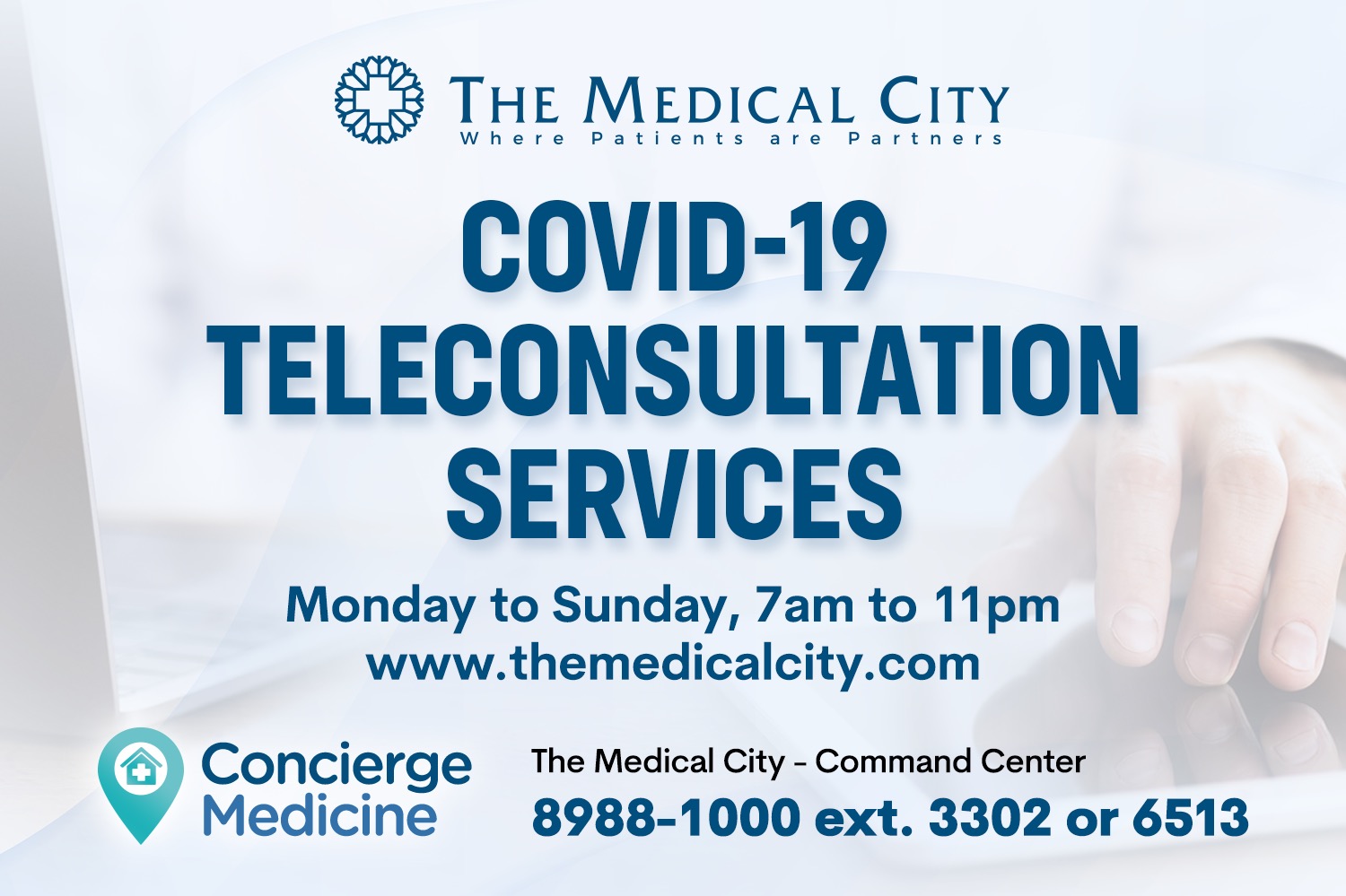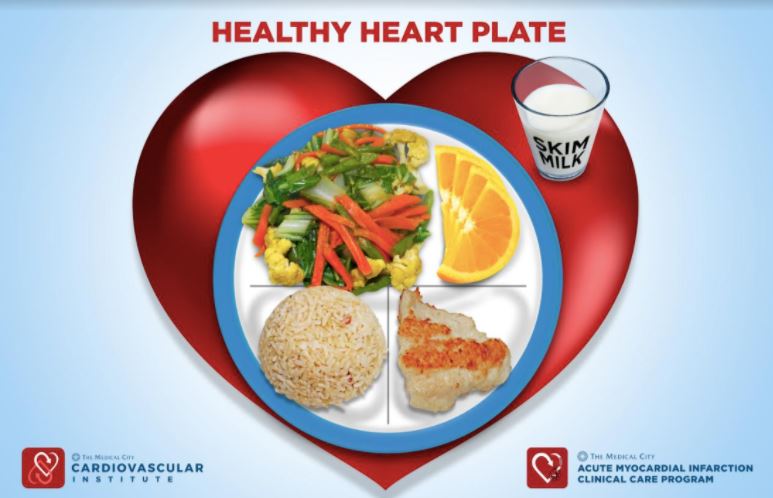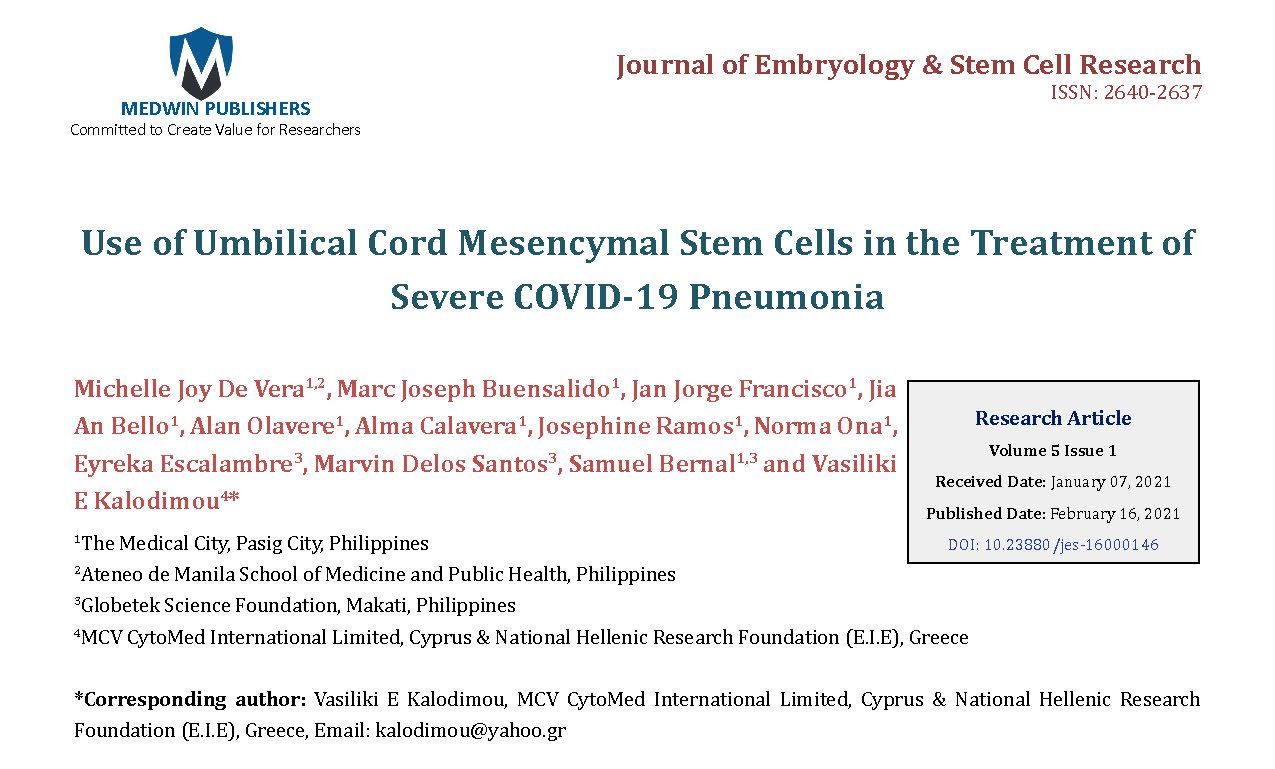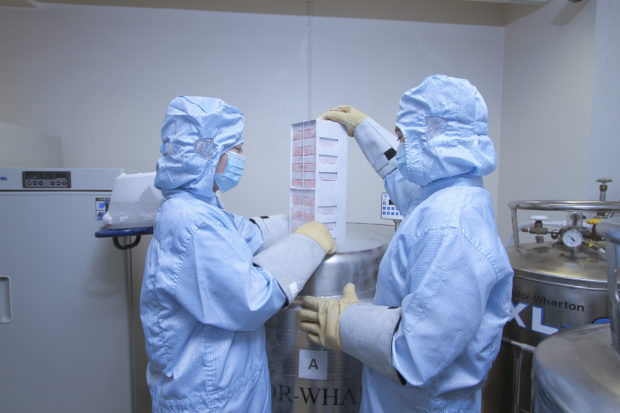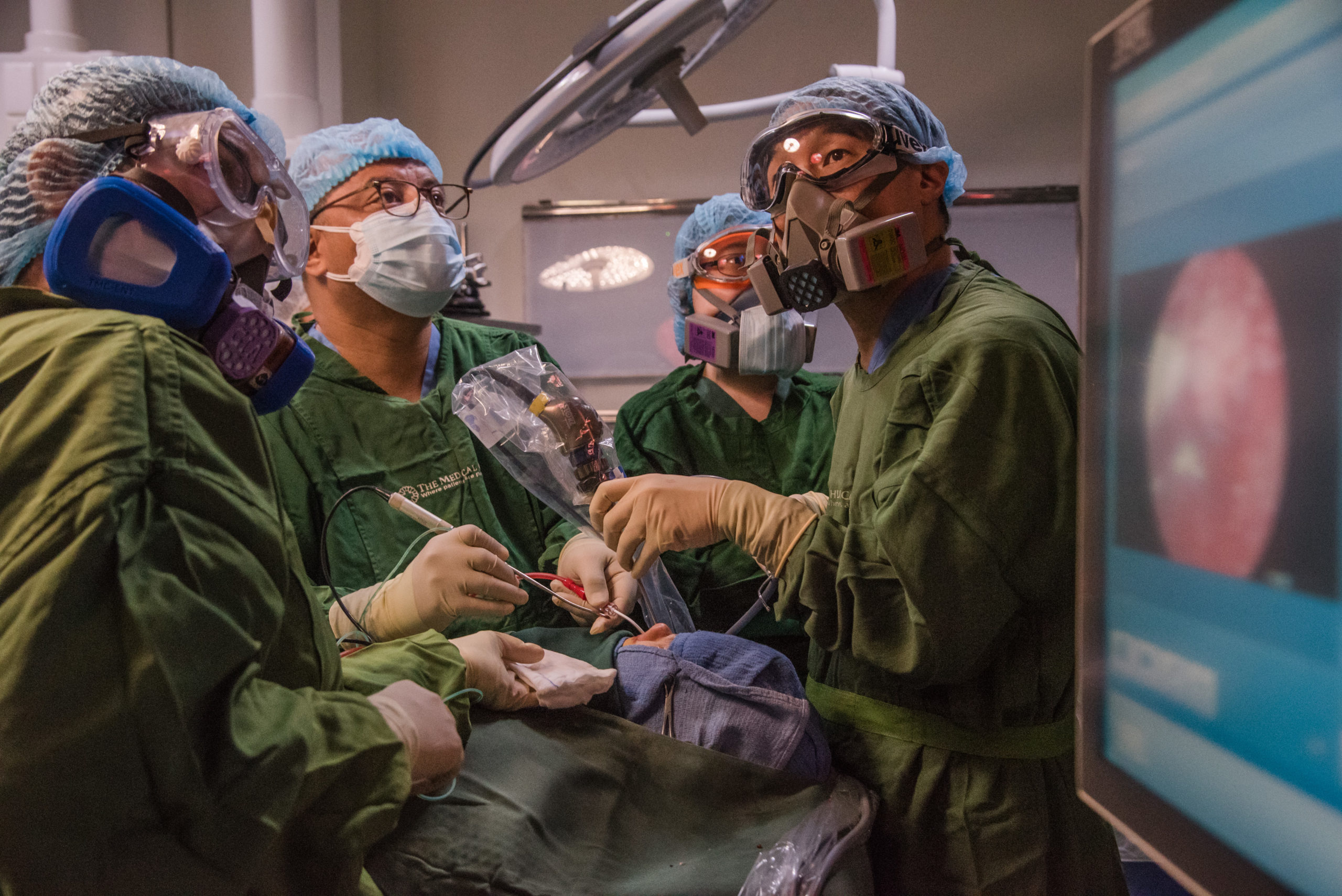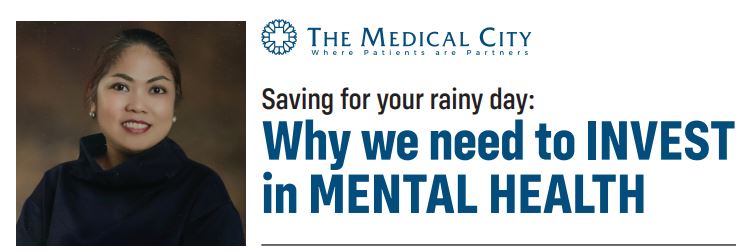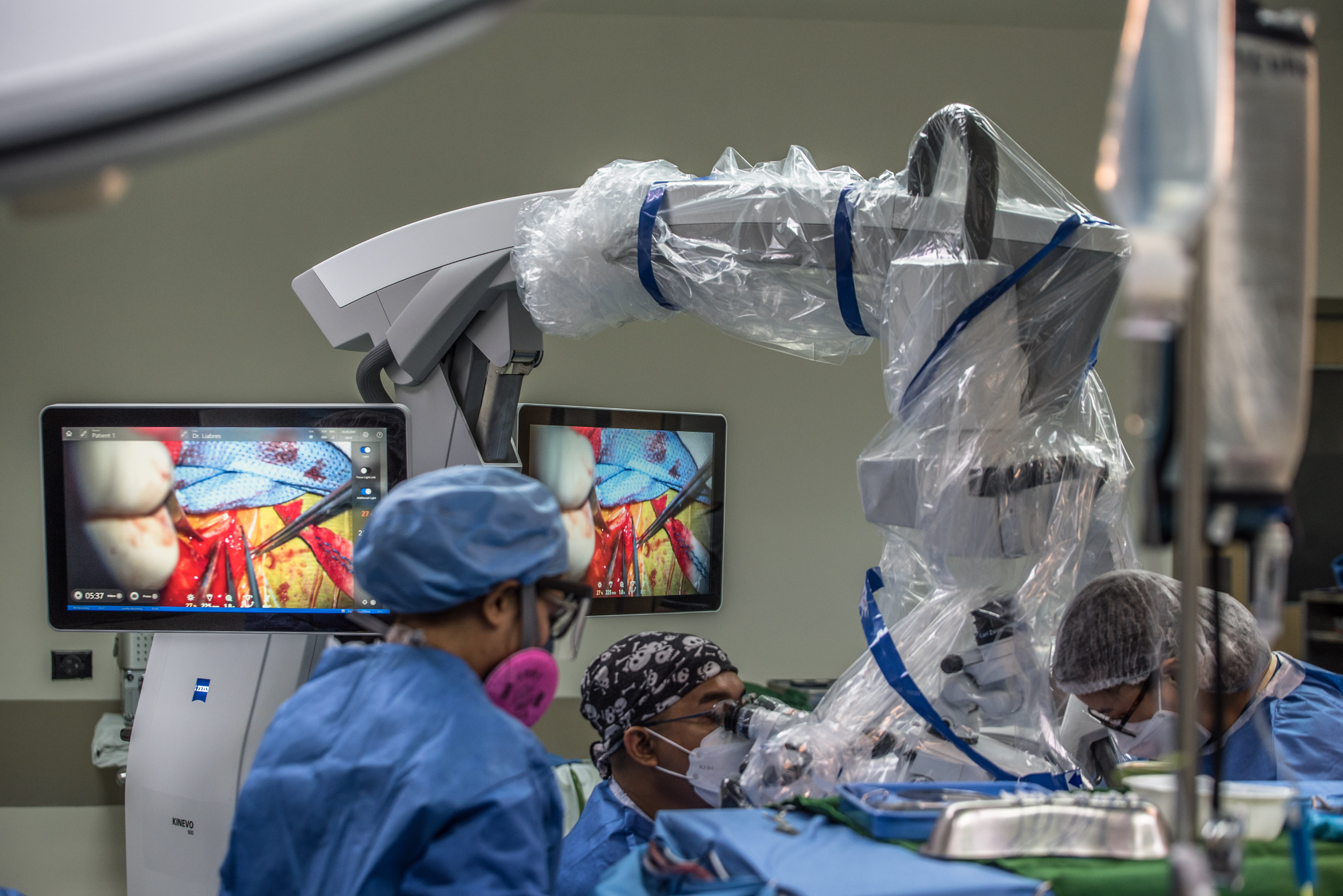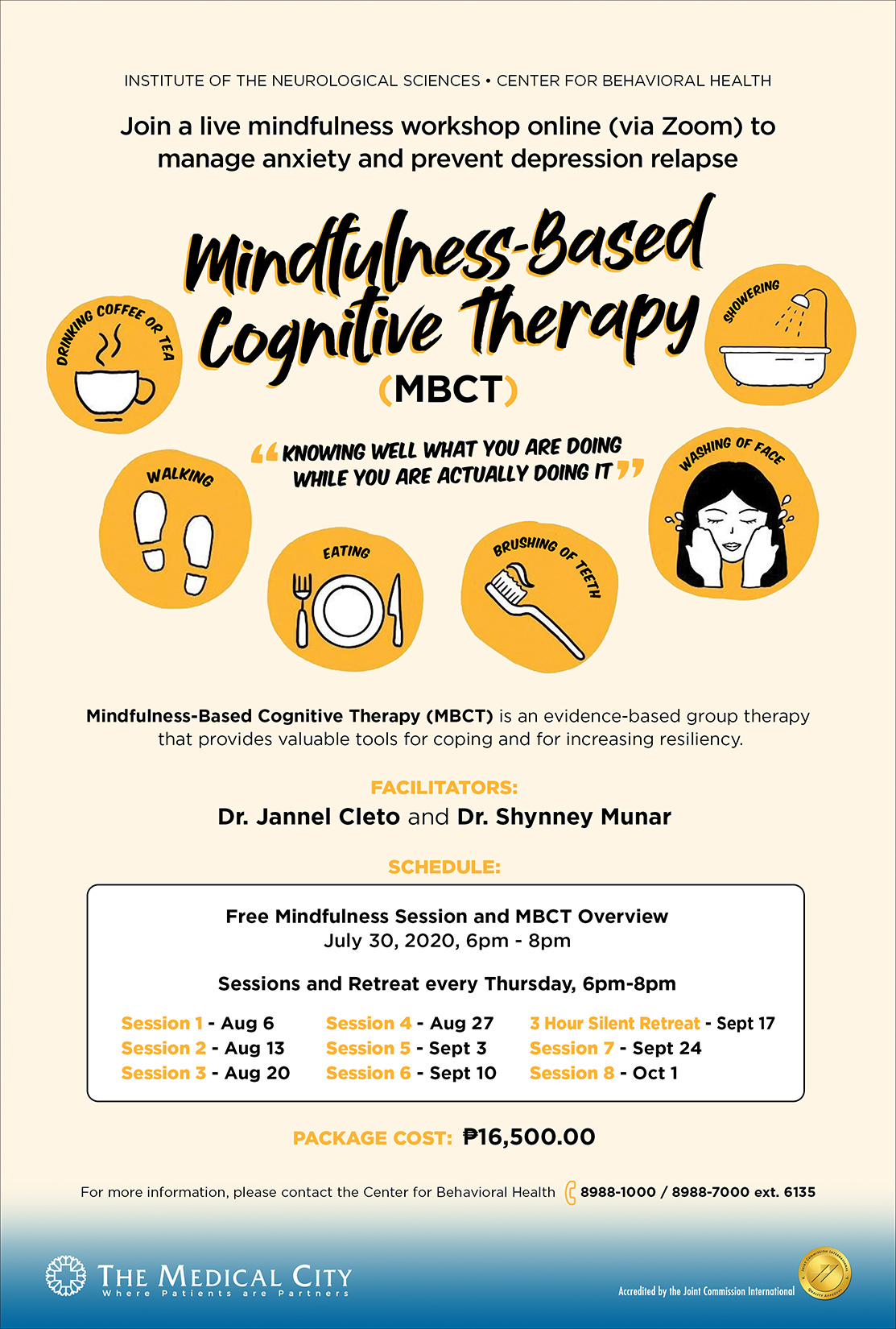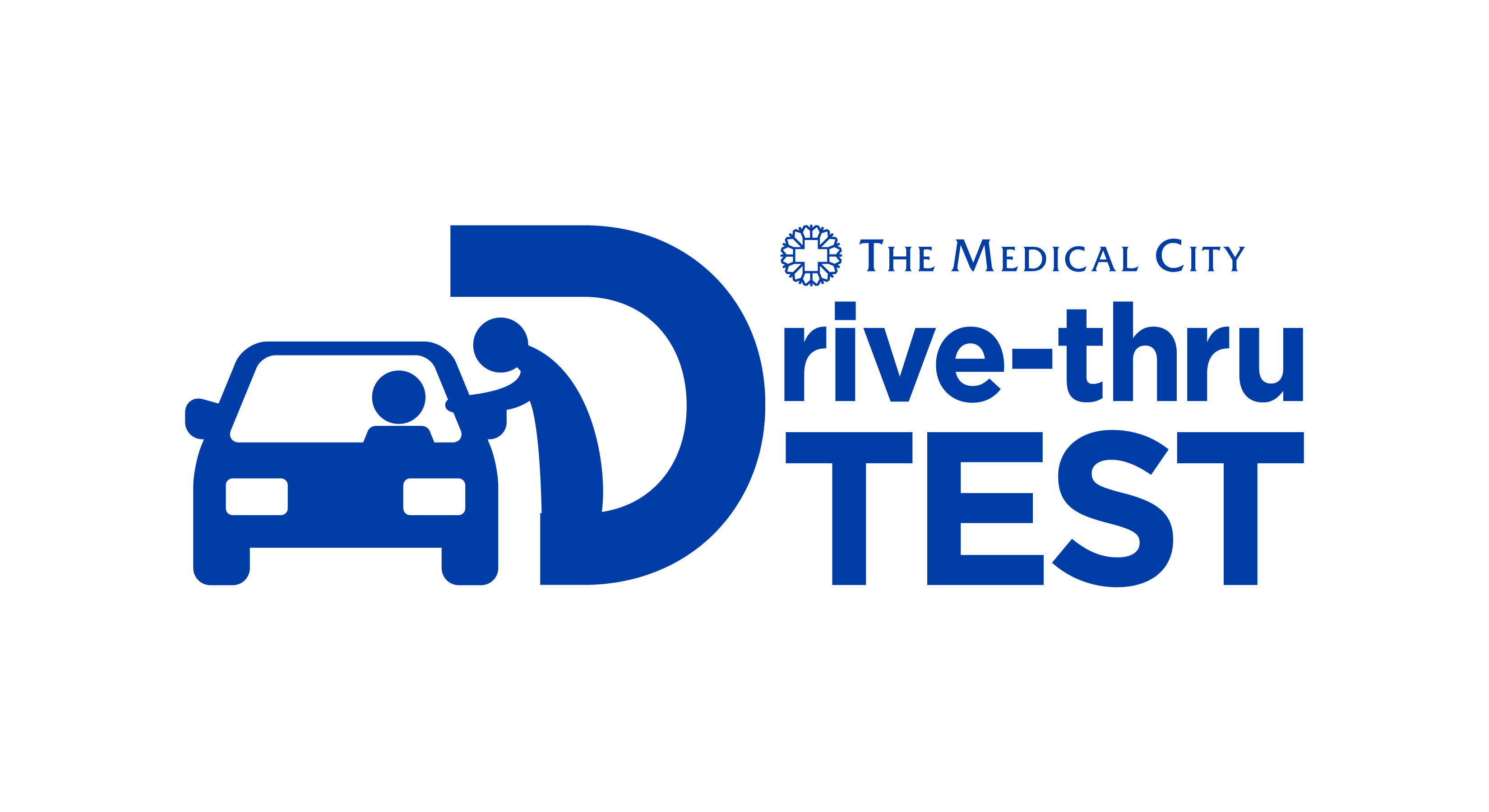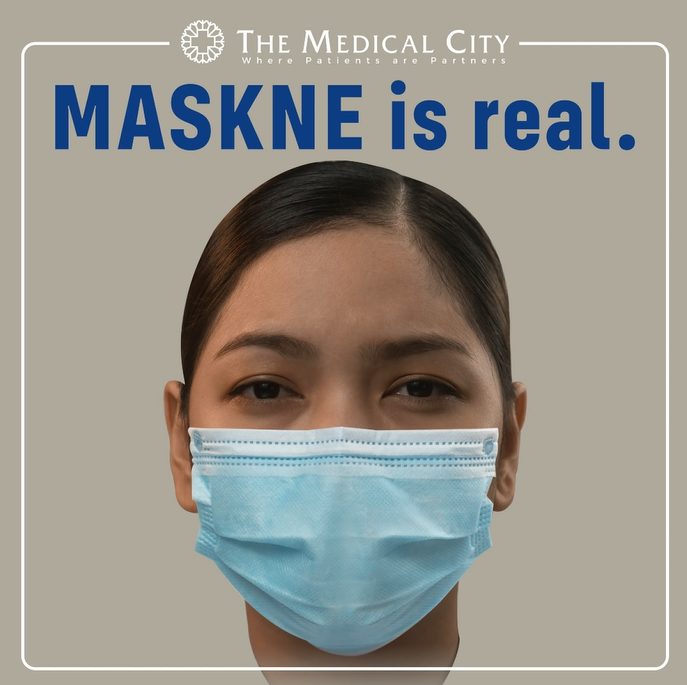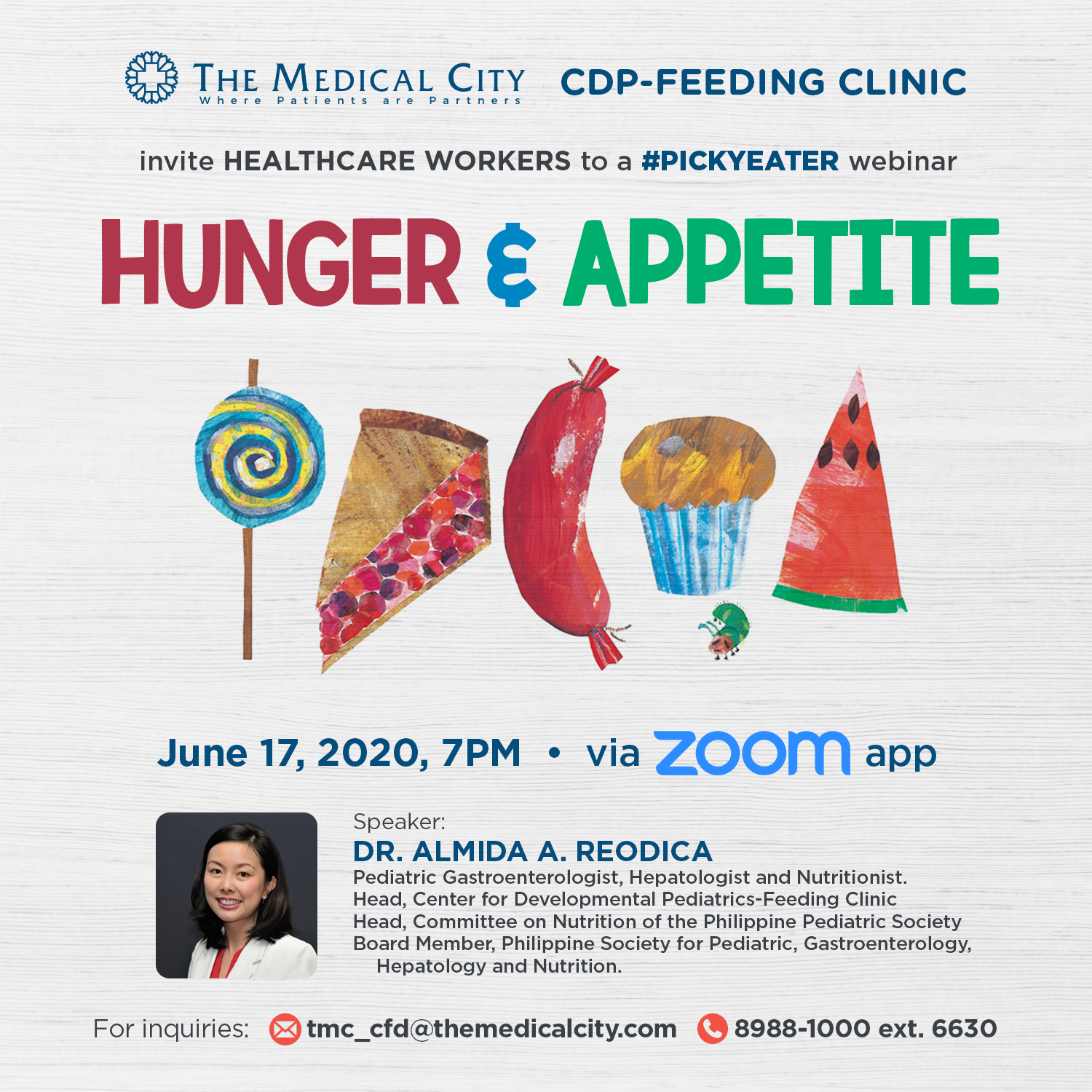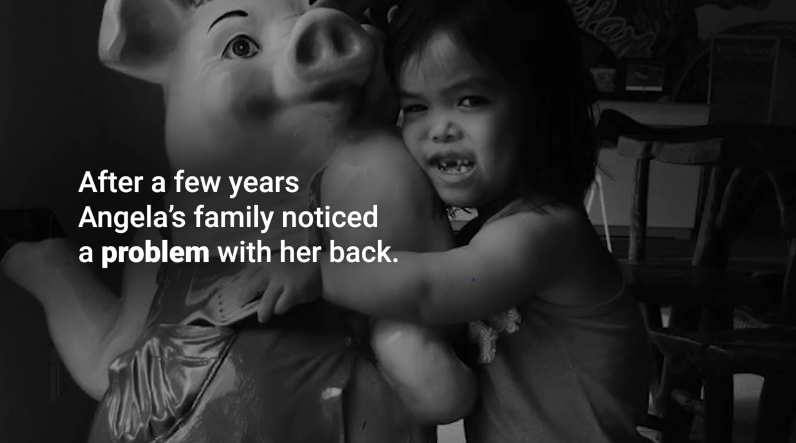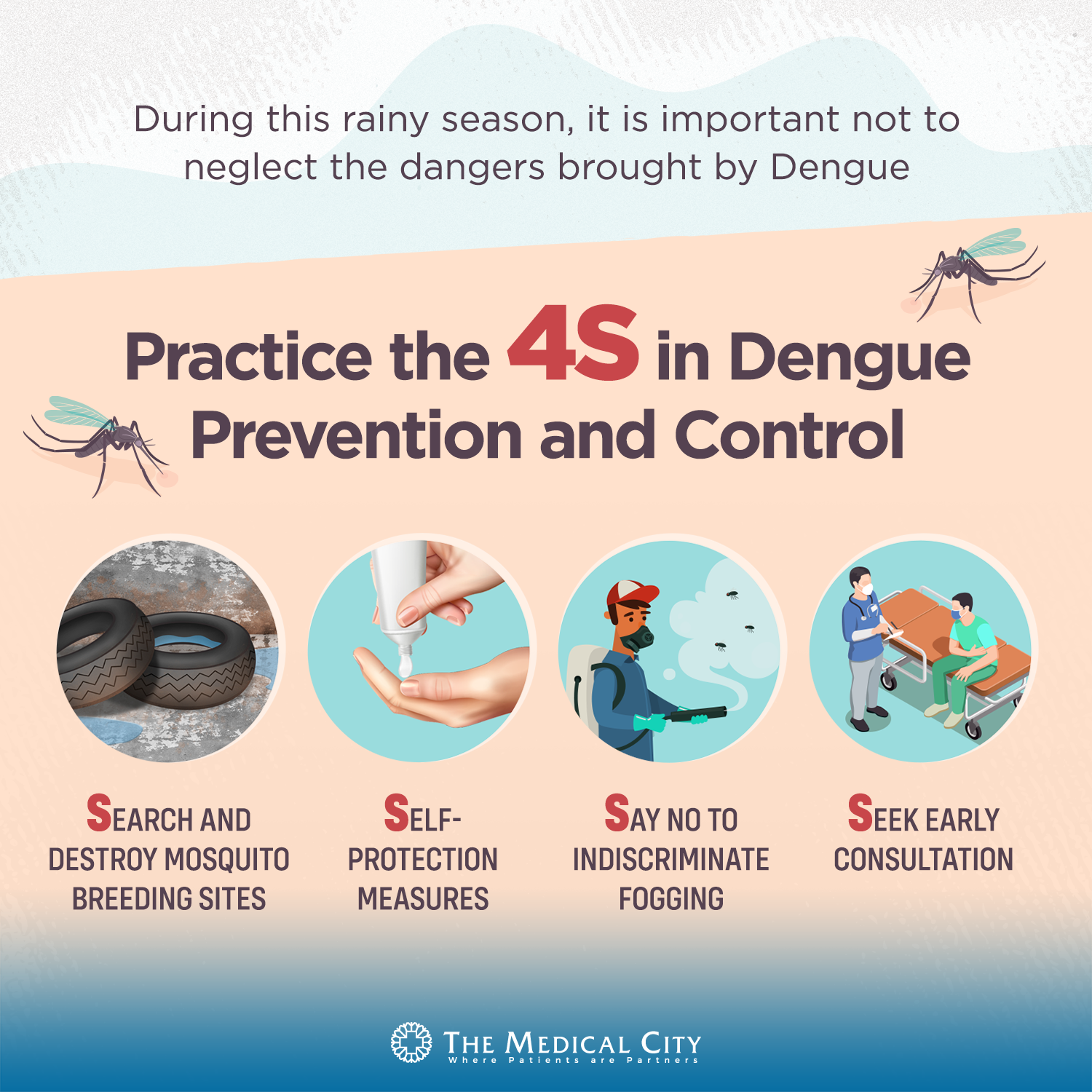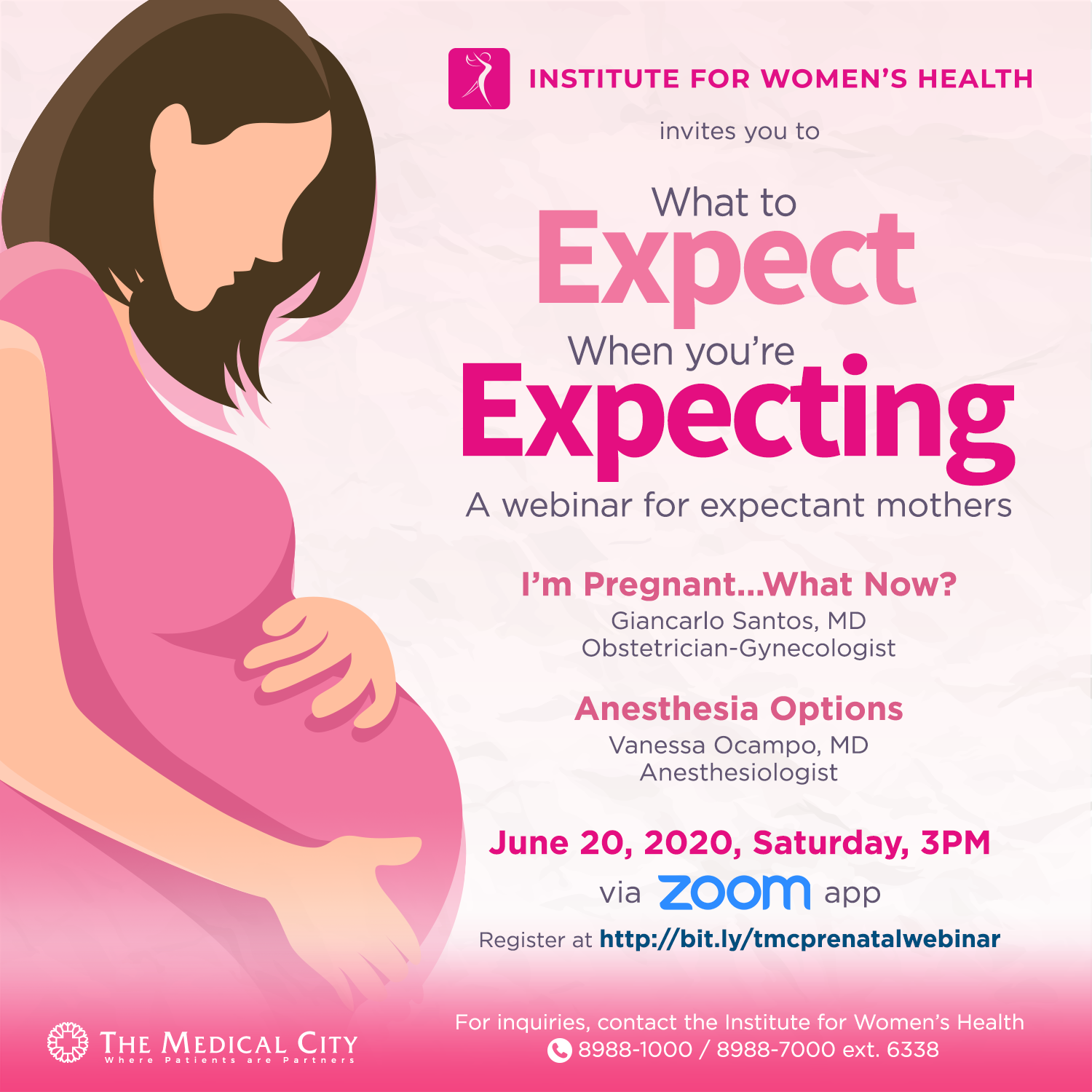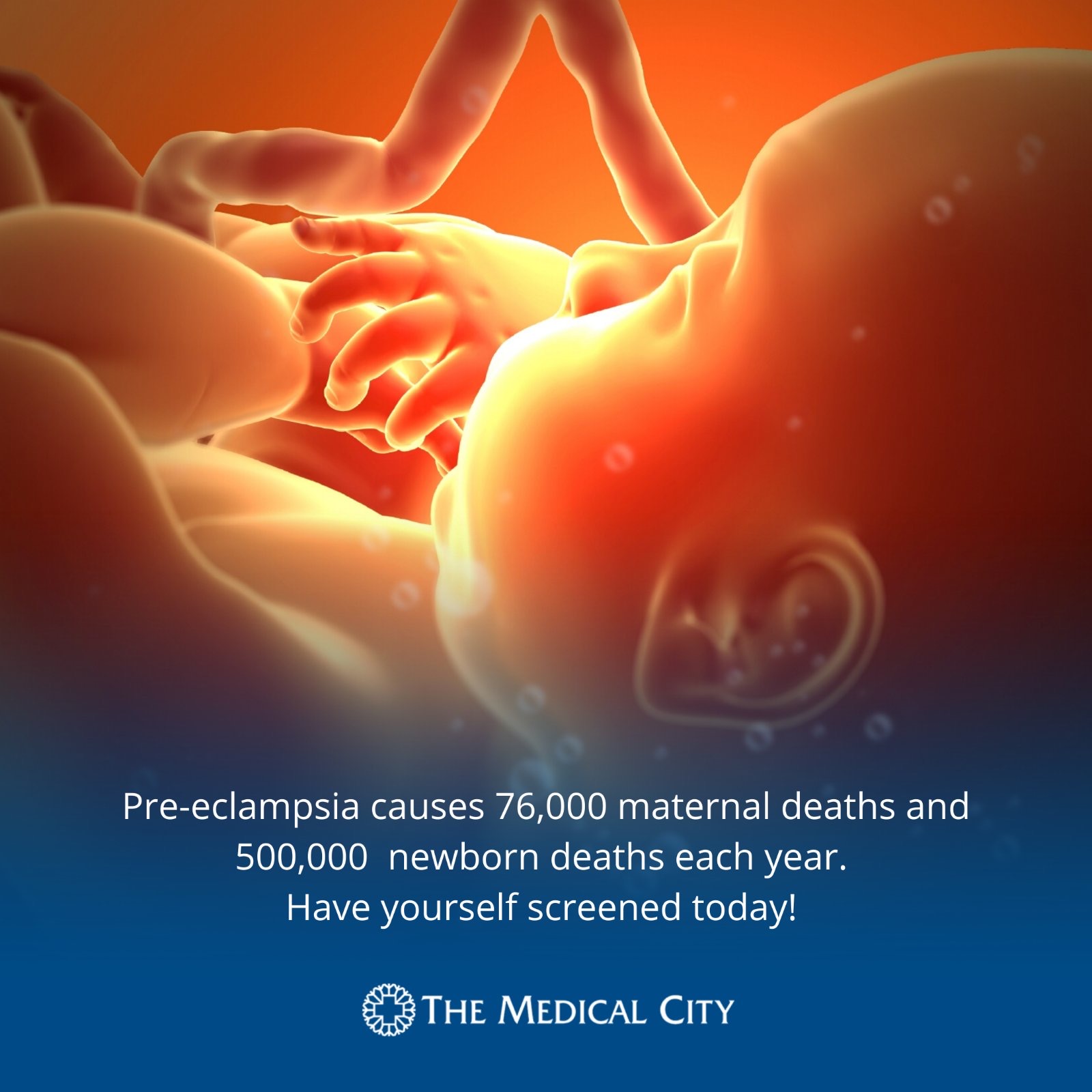COVID-19 Online Screening Tool: Answer on your smartphones or computers within 24 hours prior to your visit to The Medical City.
When to Go to the Emergency Room: A Guide for Adults
By The Medical City (TMC), Ortigas | May 07, 2025

Learn when it's time to go to the emergency room and why acting quickly can make all the difference in serious health situations.
Not every health scare calls for an emergency room visit—but some symptoms do require immediate attention. Knowing when to go to the ER can be life-saving and can also help ensure that you receive the right care at the right time.
Chest Pain or Pressure
Chest pain that comes on suddenly and feels tight, heavy, or uncomfortable—especially when it spreads to the arms, jaw, or back—may be a warning sign of a heart attack. If it’s accompanied by shortness of breath, nausea, cold sweats, or dizziness, do not wait it out. Call 911 or your local emergency number right away and avoid driving yourself. Sit or lie down and stay calm while you wait for help.
Difficulty Breathing
If you are struggling to breathe, wheezing, gasping for air, or feeling like you can’t get enough oxygen, it could be a sign of asthma, pneumonia, blood clots, or heart issues. Any sudden or severe shortness of breath warrants an urgent visit to the emergency room. If you have a prescribed inhaler, use it while waiting for assistance.
Sudden Weakness, Numbness, or Difficulty Speaking
These are all potential signs of a stroke. Look out for facial drooping, arm weakness, or slurred speech that comes on quickly. Remember the acronym FAST—Face, Arms, Speech, Time. Every second matters in preserving brain function, so call emergency services immediately and do not delay.
Severe Headache or Head Injury
An intense headache that feels different from usual or follows a head injury could signal a brain bleed or aneurysm. If the pain is accompanied by changes in vision, confusion, or vomiting, go to the ER immediately. Avoid sleeping or taking any medications for the pain until a medical professional has evaluated you.
Uncontrolled Bleeding or Deep Wounds
When experiencing uncontrolled bleeding that doesn’t stop with pressure, or if you have a deep cut or puncture wound, apply firm pressure with a clean cloth and elevate the area if you can. You may need stitches or further medical intervention to prevent infection or excessive blood loss, so head to the ER as soon as possible.
Sudden Vision Changes
Sudden changes in vision, such as loss of sight, double vision, or flashes of light and floaters, should never be ignored. These symptoms can indicate a stroke, retinal detachment, or another serious eye emergency. Avoid driving and get to a hospital right away for evaluation.
Severe Abdominal Pain
Severe abdominal pain that is sharp, persistent, or worsening—especially in the lower right abdomen—may be a sign of appendicitis or another urgent condition. If the pain is paired with vomiting, bloating, or fever, do not eat, drink, or take medications until you’ve been assessed at the emergency room.
Signs of Severe Dehydration
Signs of severe dehydration, such as prolonged vomiting or diarrhea, inability to retain fluids, dizziness, or extreme fatigue, require prompt medical attention. You may need IV fluids to recover safely. Don’t attempt to manage it at home if symptoms are intense.
Allergic Reactions
If you develop a severe allergic reaction, such as difficulty breathing, swelling of the face or throat, widespread hives, or lightheadedness, use an epinephrine injector (if prescribed) and call emergency services without delay. Do not assume symptoms will improve on their own.
When in Doubt, Act Fast
If something feels seriously wrong, don’t hesitate. You know your body best, and sometimes, peace of mind is just as important as treatment. It's always better to be safe than sorry.
If you are alone and experiencing emergency symptoms, do not attempt to drive yourself to the ER. Call 911 or your local emergency number. This is also critical if you’re alone with a child showing serious symptoms or if the person in need cannot be safely moved or driven to the hospital.
For immediate medical attention, visit The Medical City Emergency Room or call 8988-1000 or 8988-7000. You can also reach us through Facebook Messenger for any urgent concerns or quick assistance. Our expert teams are ready 24/7 to provide the care you need—when it matters most.
Related News SEE ALL NEWS

Health
The Gift of a Second Life

Health #MyTMCExperience Press Room
She Thought It Was Just Heartburn—It Was Actually a Heart Attack
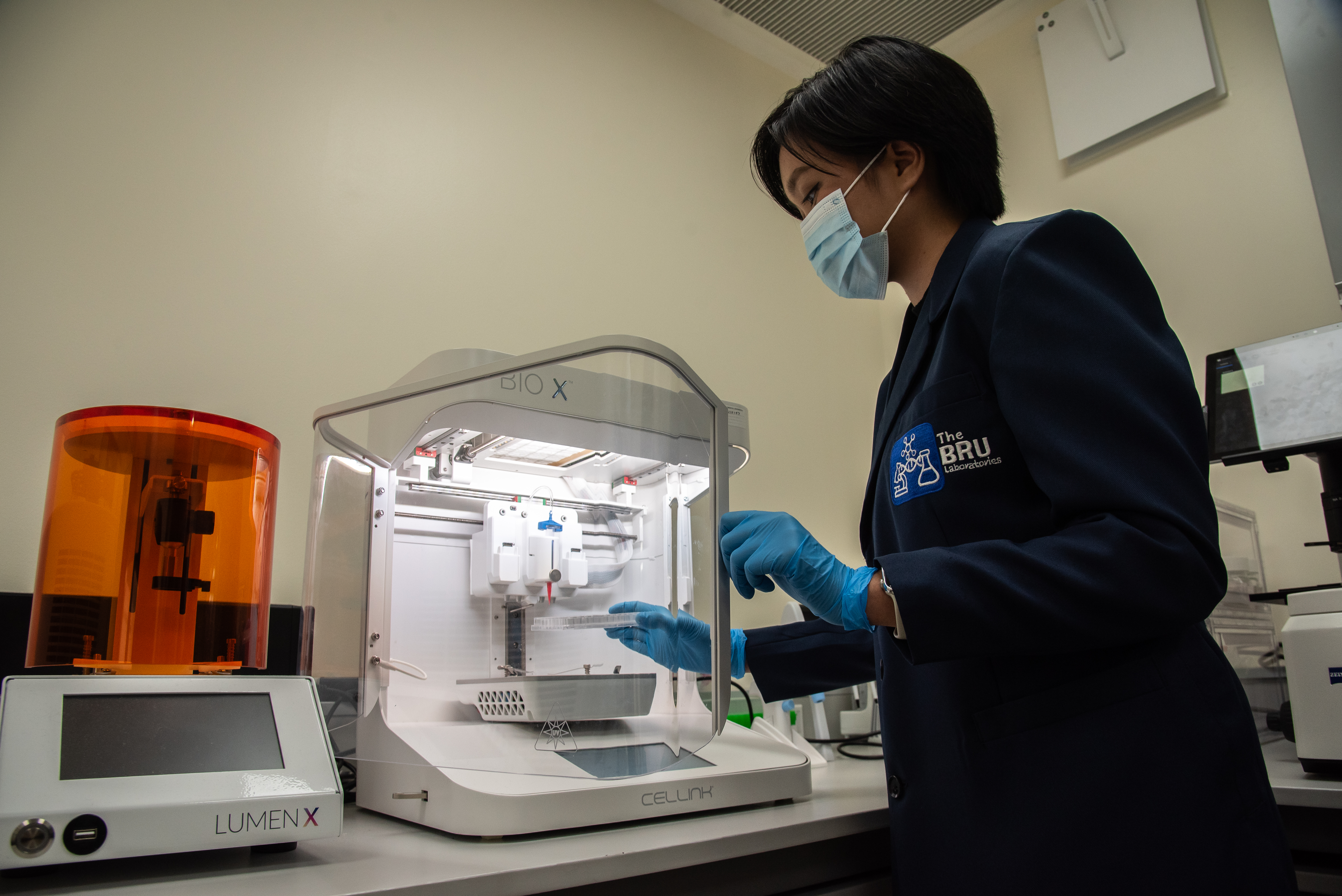
Health Research
Tissue Engineering for a Future without Organ Shortages
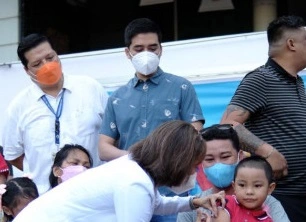
Health Press Room
Chikiting Ligtas: Addressing the Gap in Immunization Coverage

Health Corporate
Notice to the Shareholders of Professional Services Inc. (PSI)

Health Corporate
Notice to the Shareholders of Professional Services Inc. (PSI)

Health Corporate
Notice to the Shareholders of Professional Services, Inc. (PSI)

Health #MyTMCExperience
Friendship goals: See the world better, TOGETHER
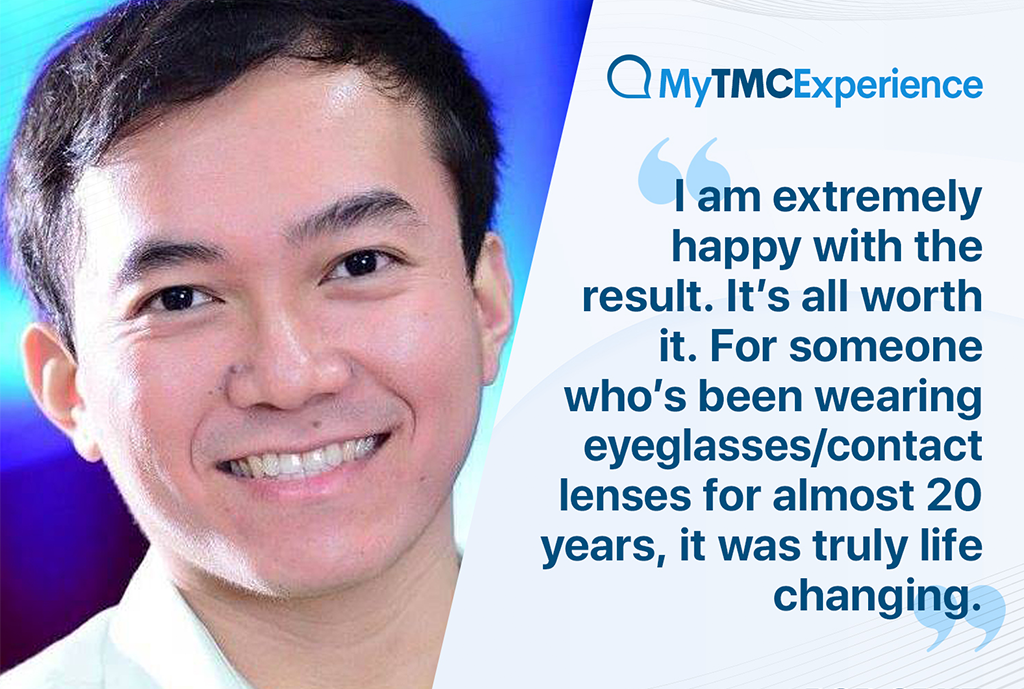
Health #MyTMCExperience
#MyTMCexperience: Rod Cruz
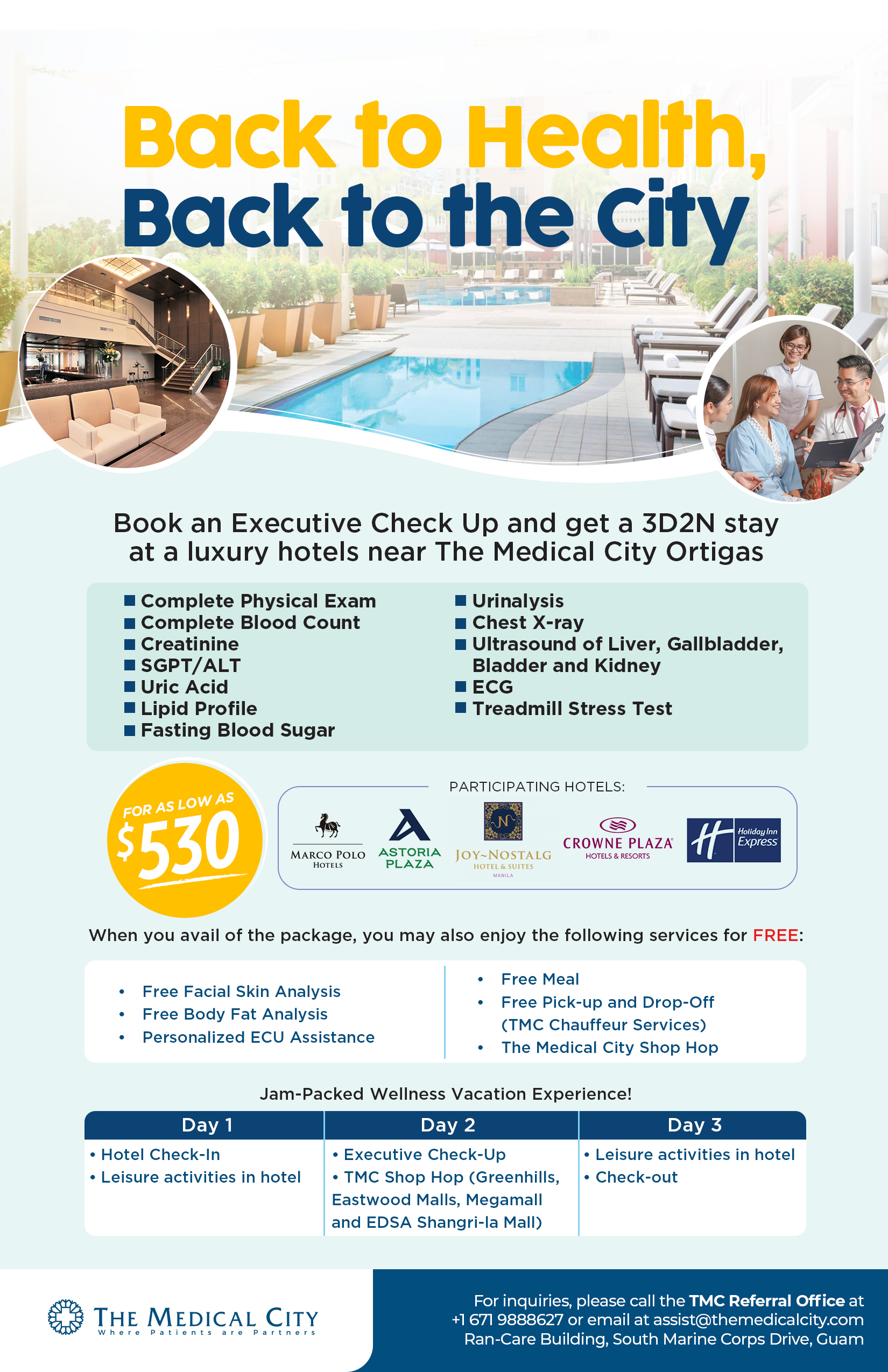
Health TeleHealth COVID-19
Back to Health, Back to the City

Health Corporate Advisories
Notice of Annual Meeting of Stockholders

Health Corporate
Pedalling through Safety
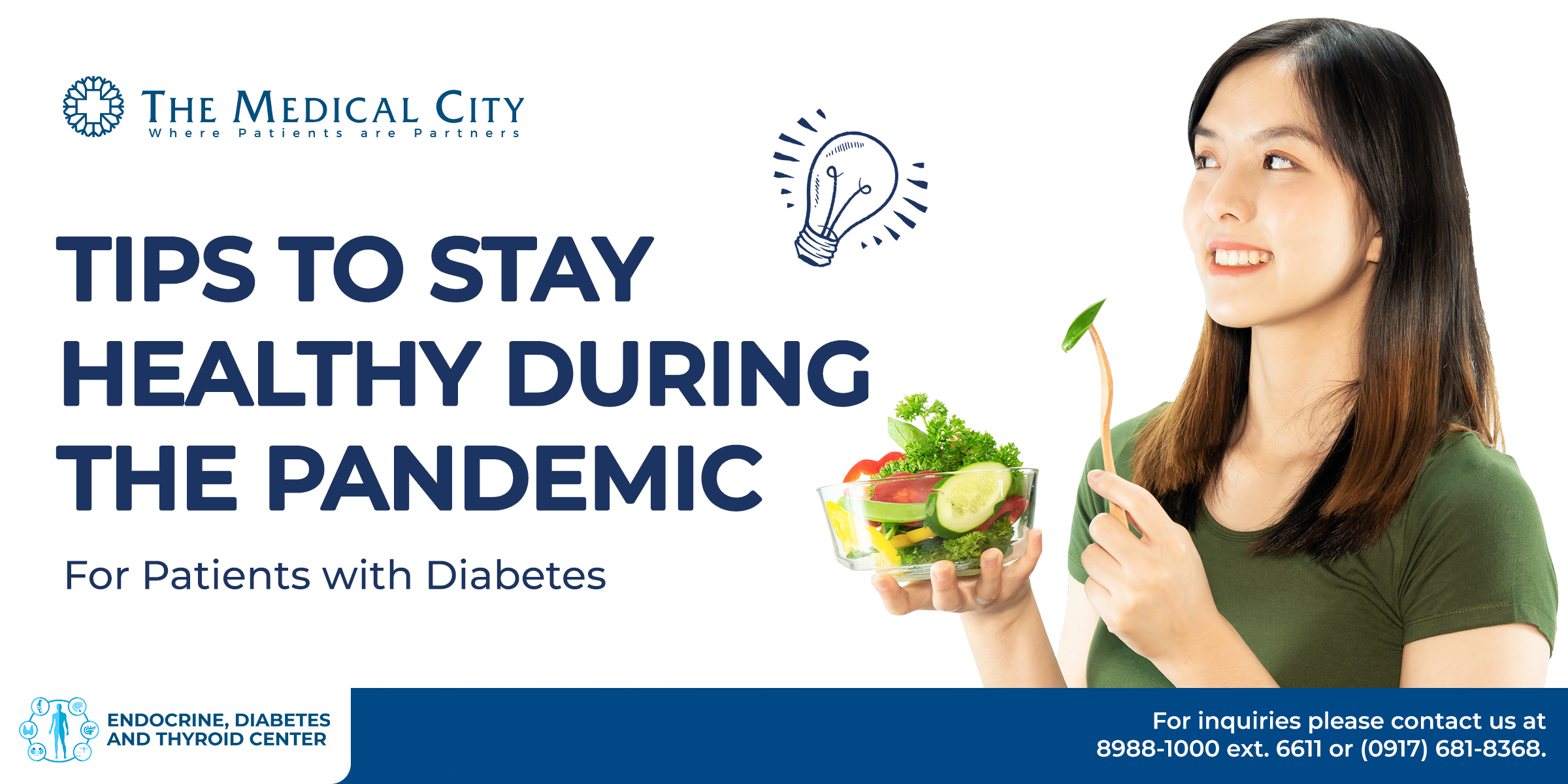
Health
Diabetes and COVID-19

Health
FAQs on Patient Portal

Health
2021 Holy Week Schedule
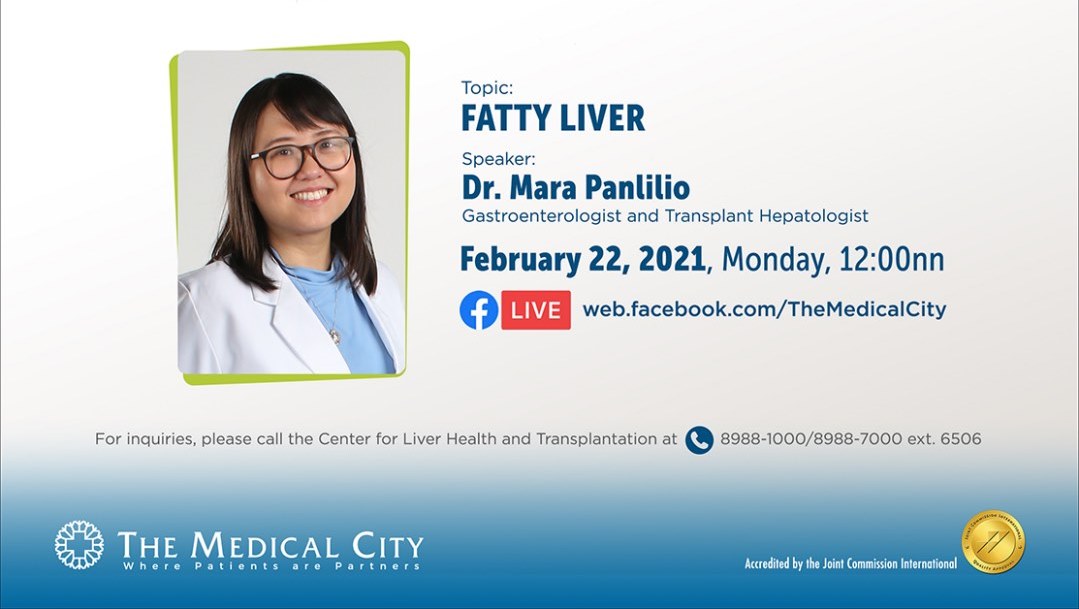
Health
How serious is fatty liver?

Health Desk of the President
Oxford Business Group: The Report 2021 - Addressing the Gaps
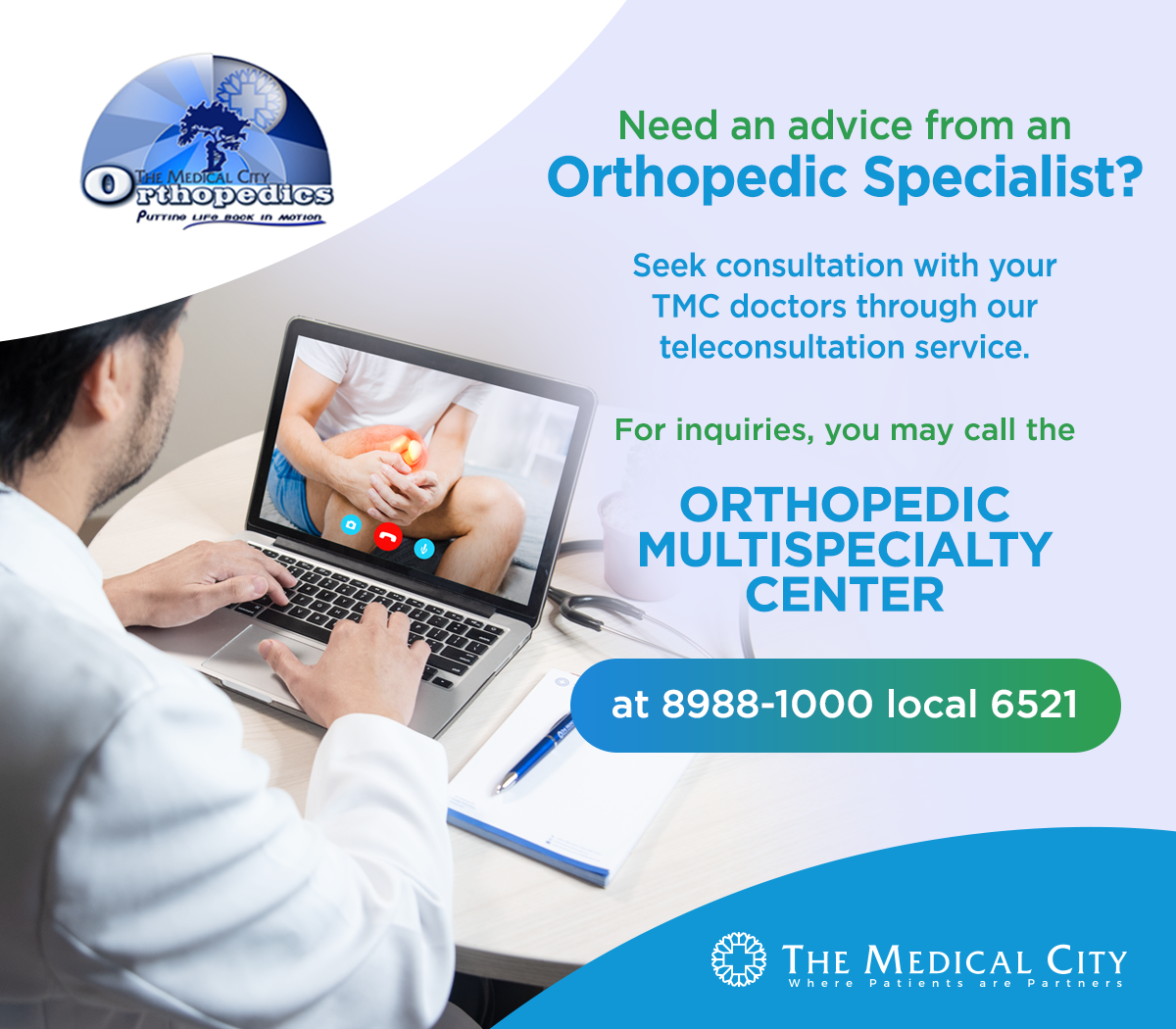
Health TeleHealth
Need an advice from an Orthopedic Specialist?

Health
Welcome 2021 in good health
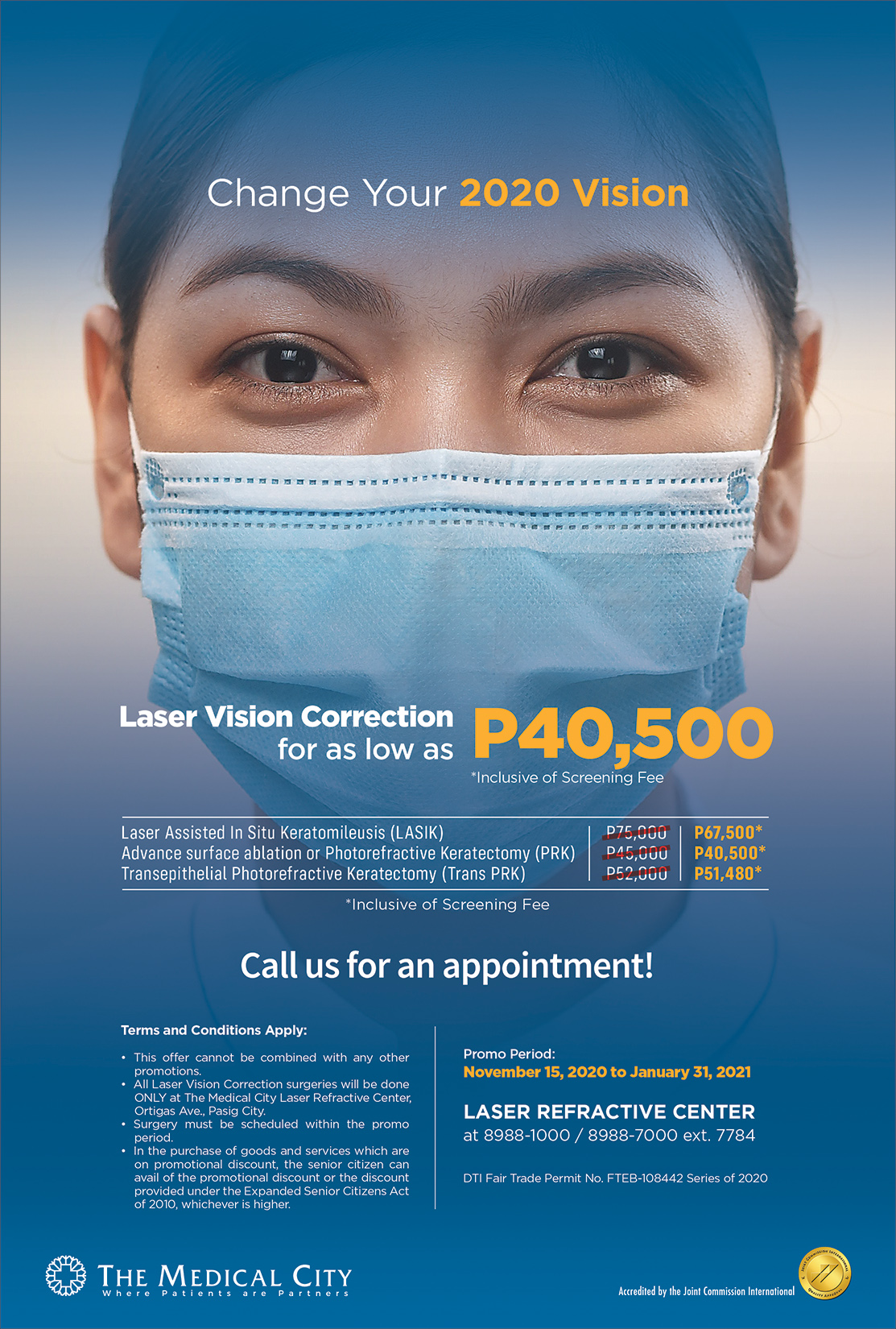
Health
Change Your 2020 Vision

Health COVID-19
Convalescent Plasma Donation for COVID–19 Survivors
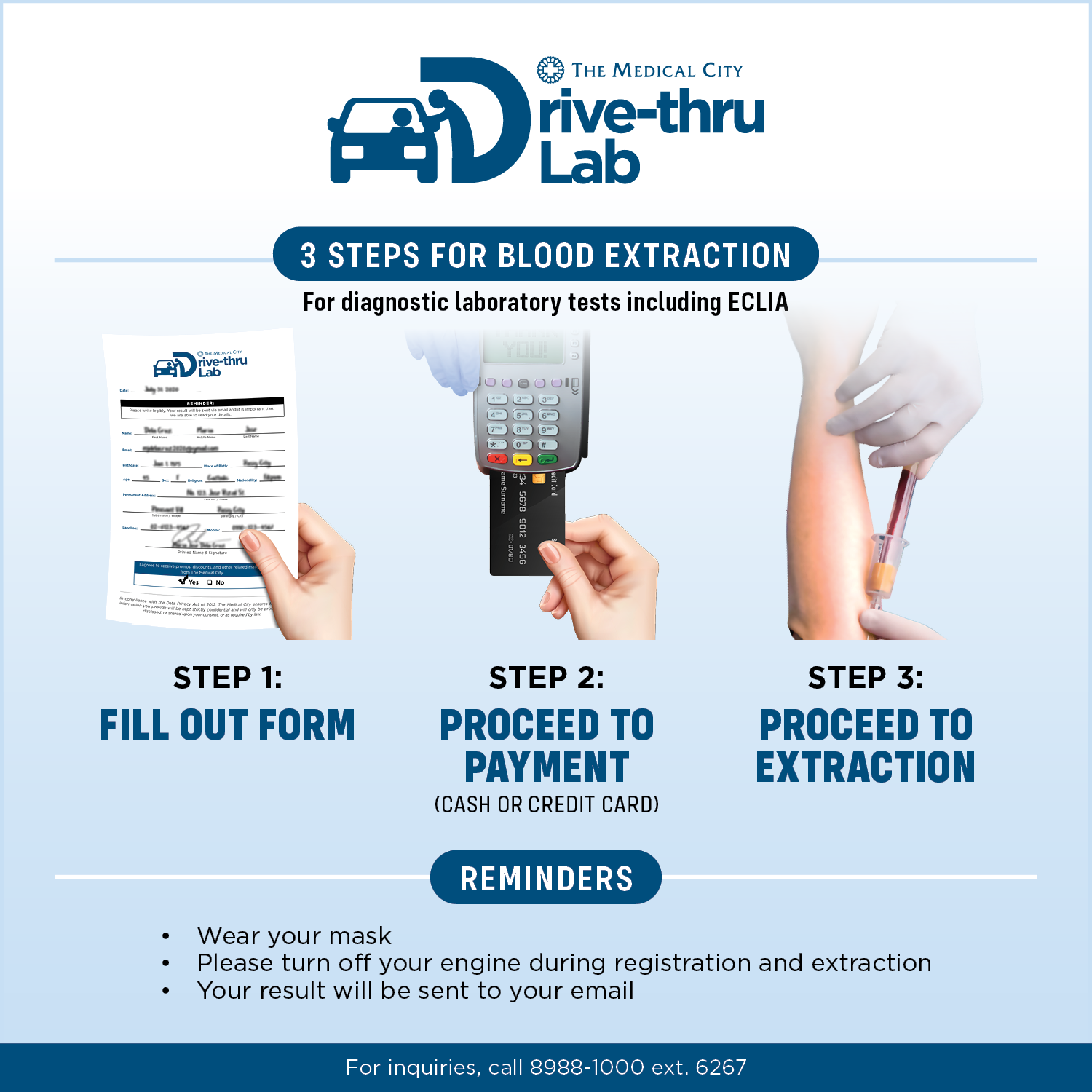
Health
FAQs on TMC Drive-thru Lab
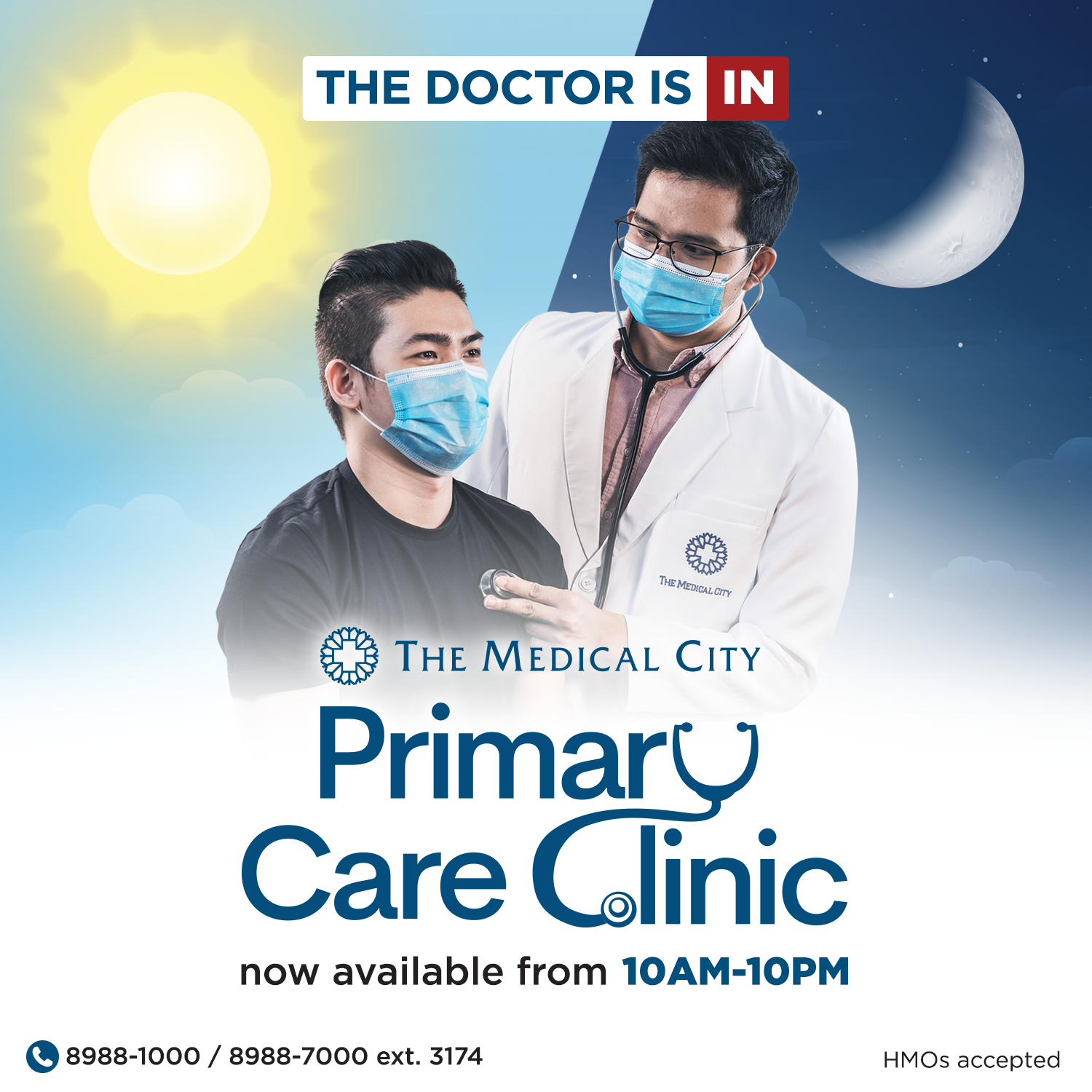
Health
Be in and out in 90 minutes

Health
Schooling in the New Normal
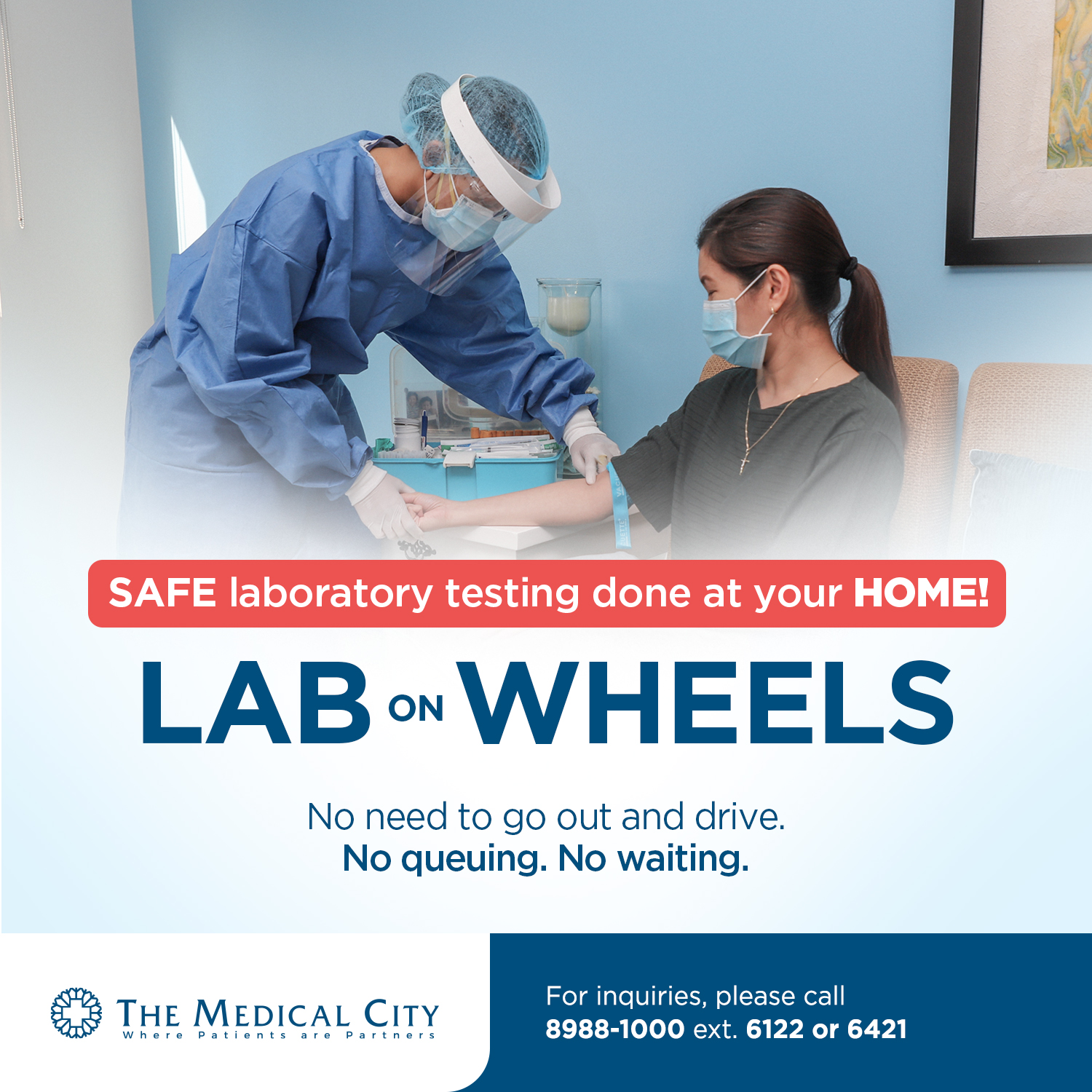
Health
TMC Lab on Wheels

Health
Autism

Health
Eye Health in Computer Work

Health
Speech Delay
Copyright © 2020 The Medical City. All rights reserved.

